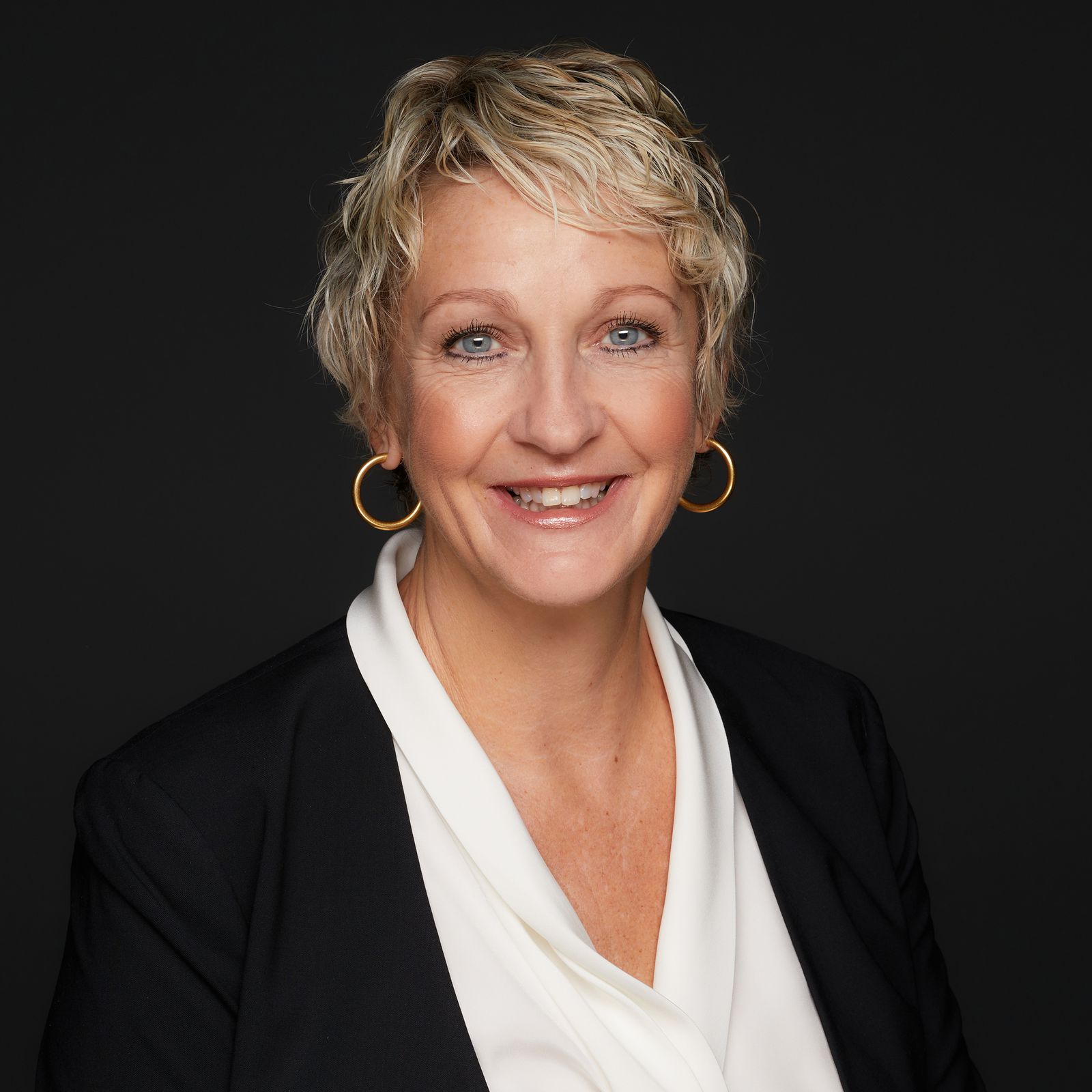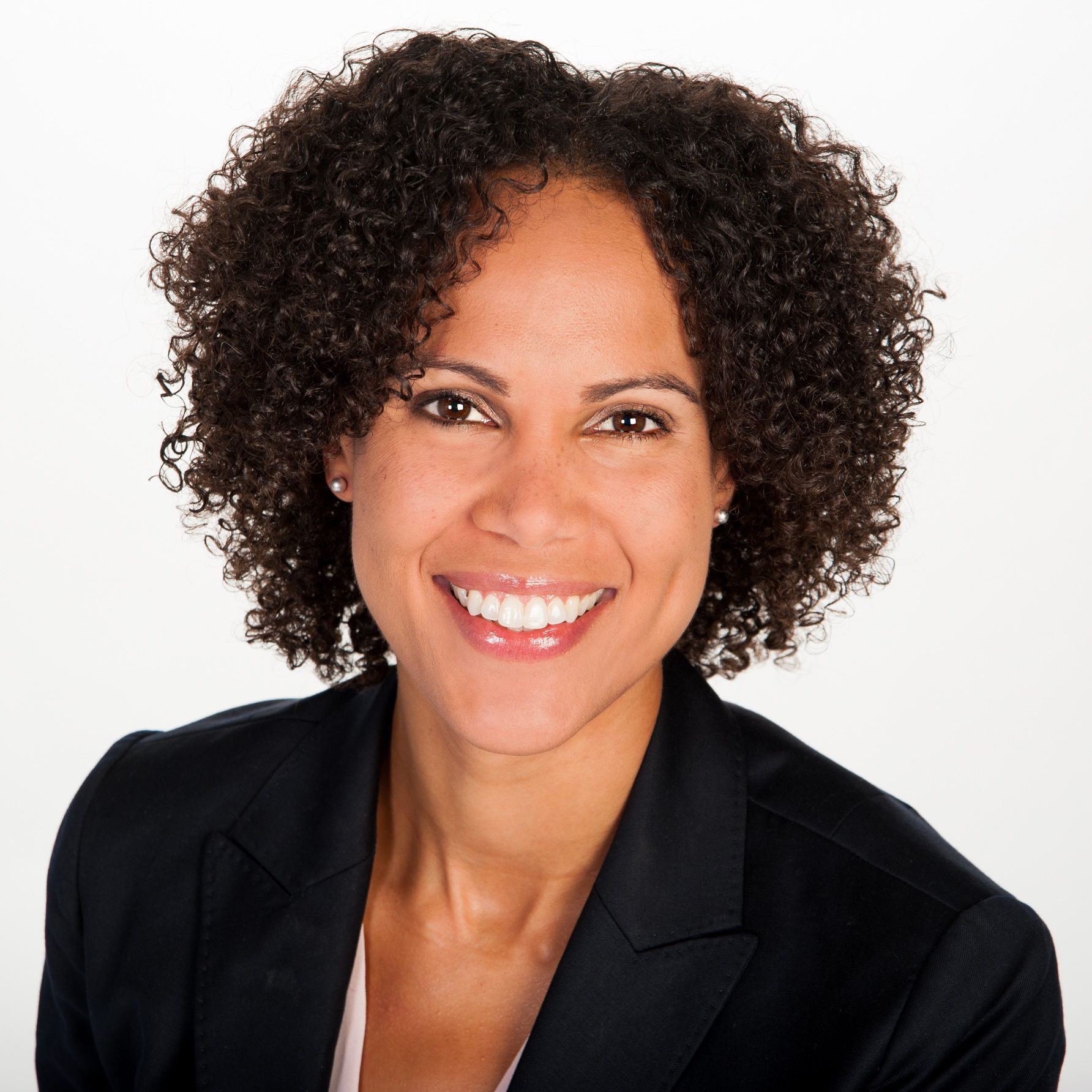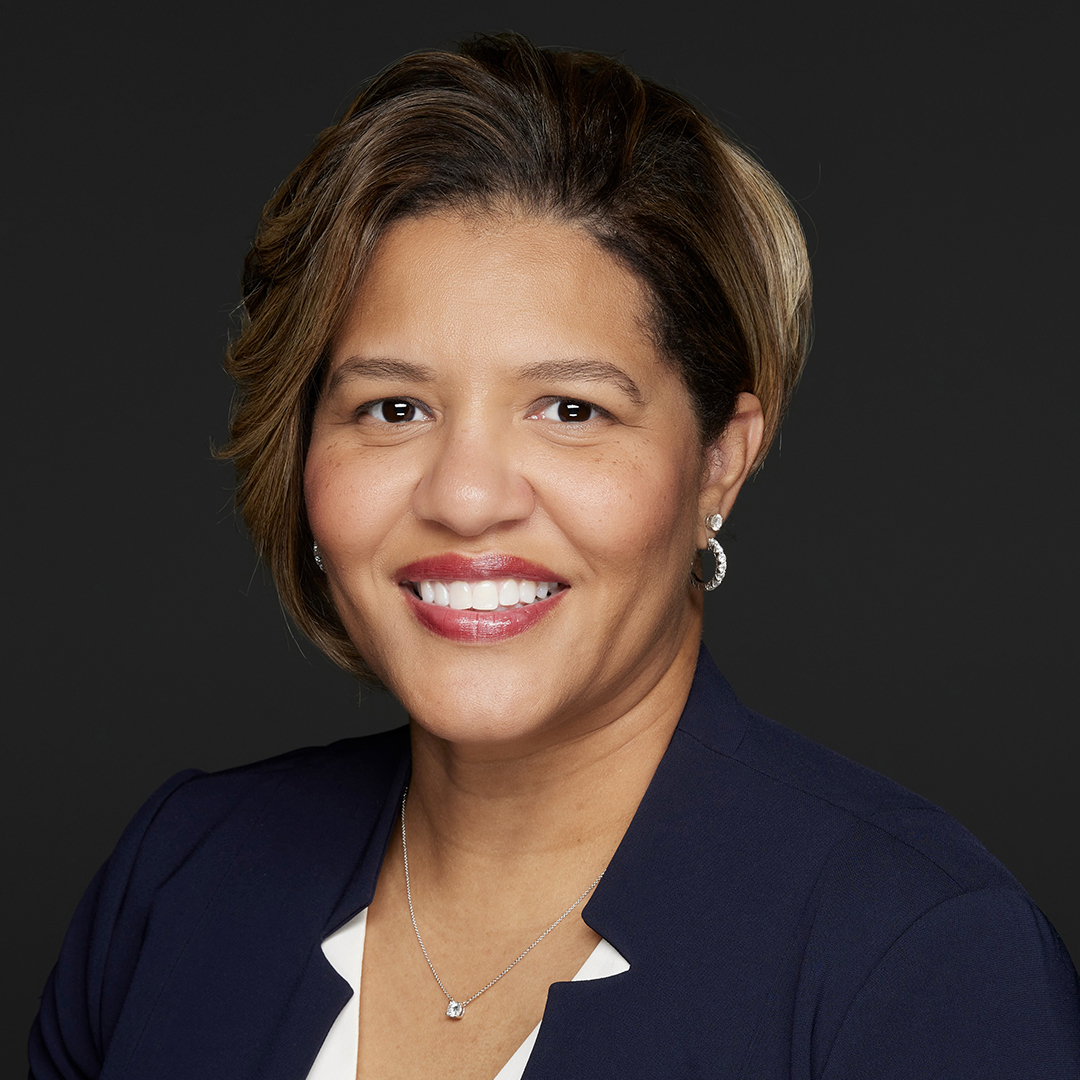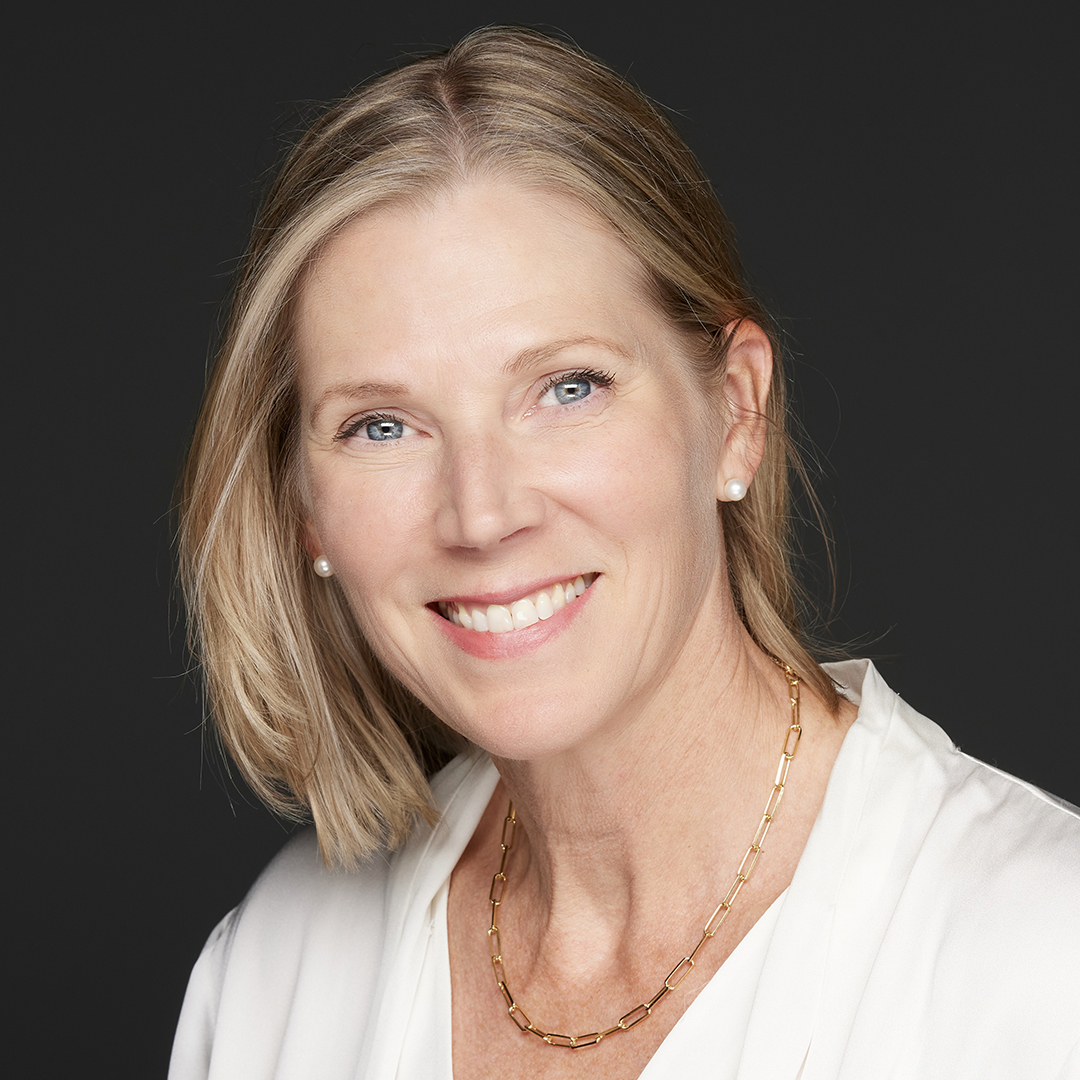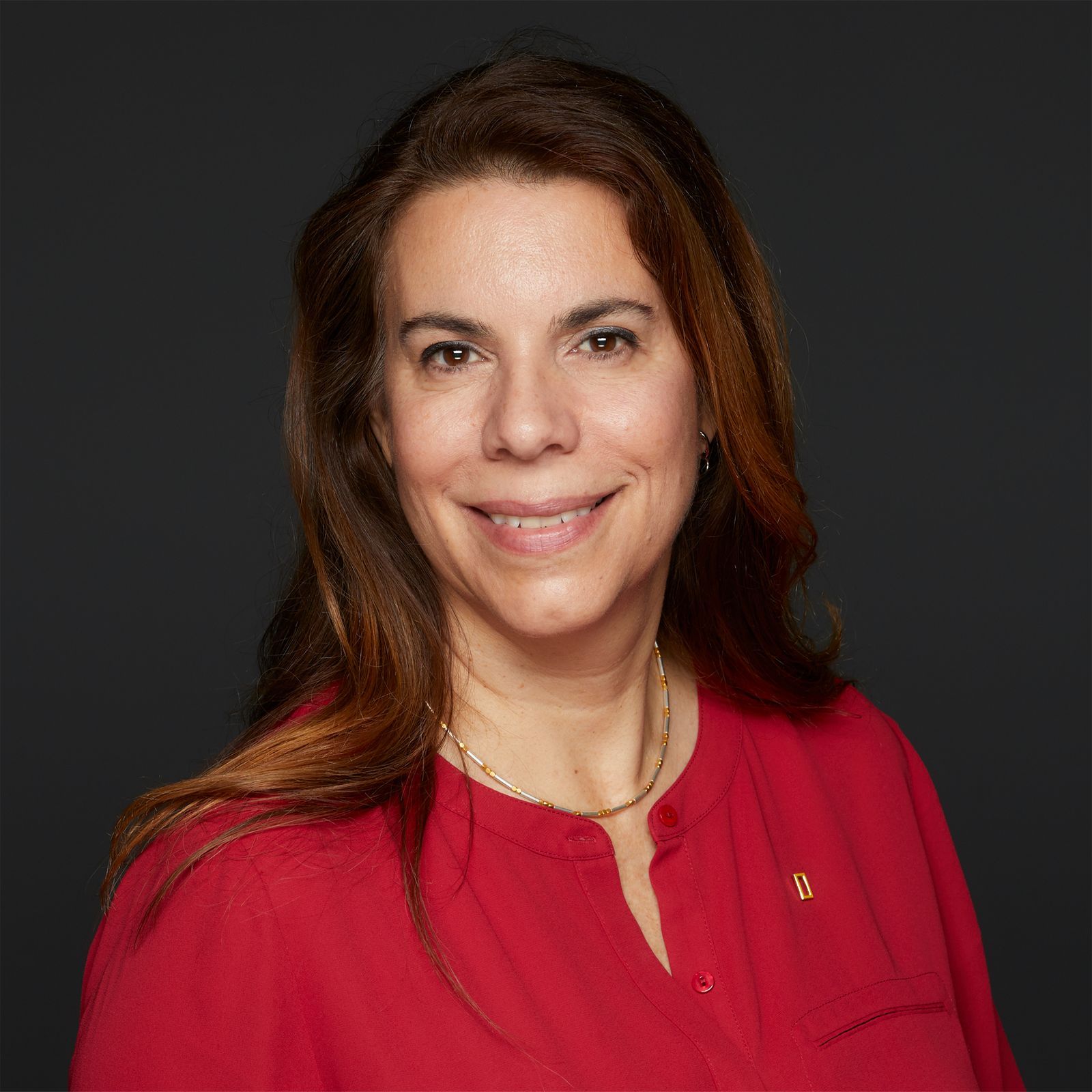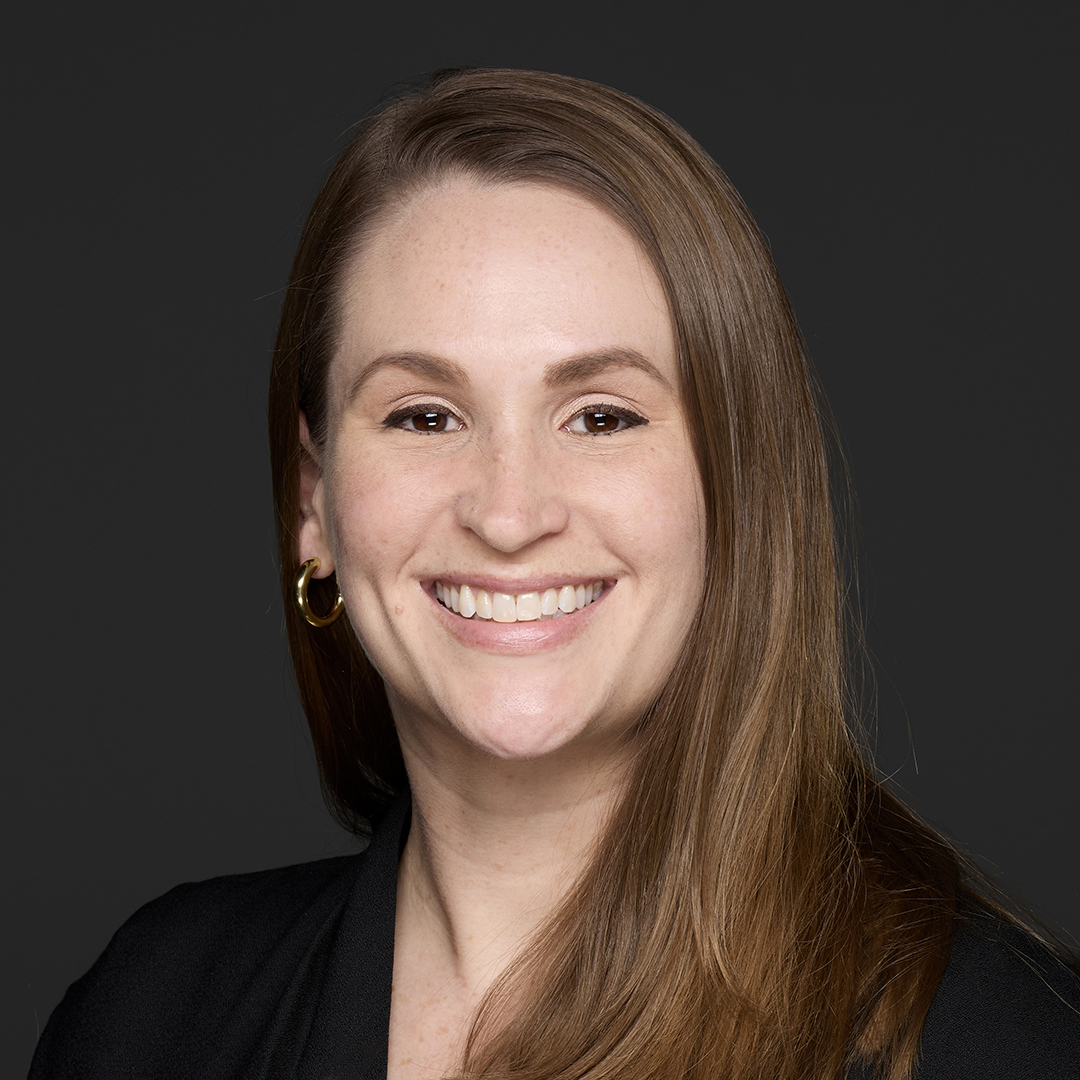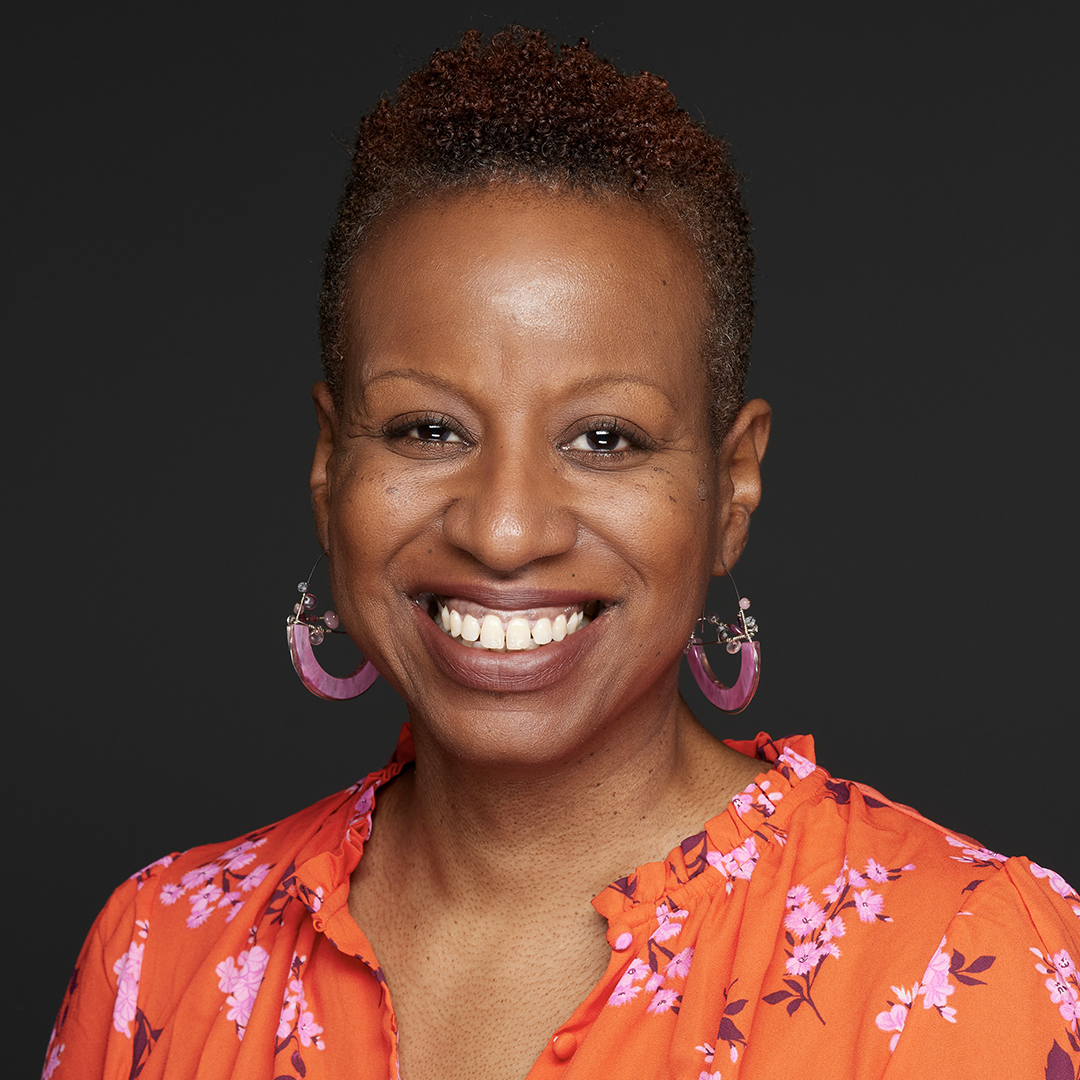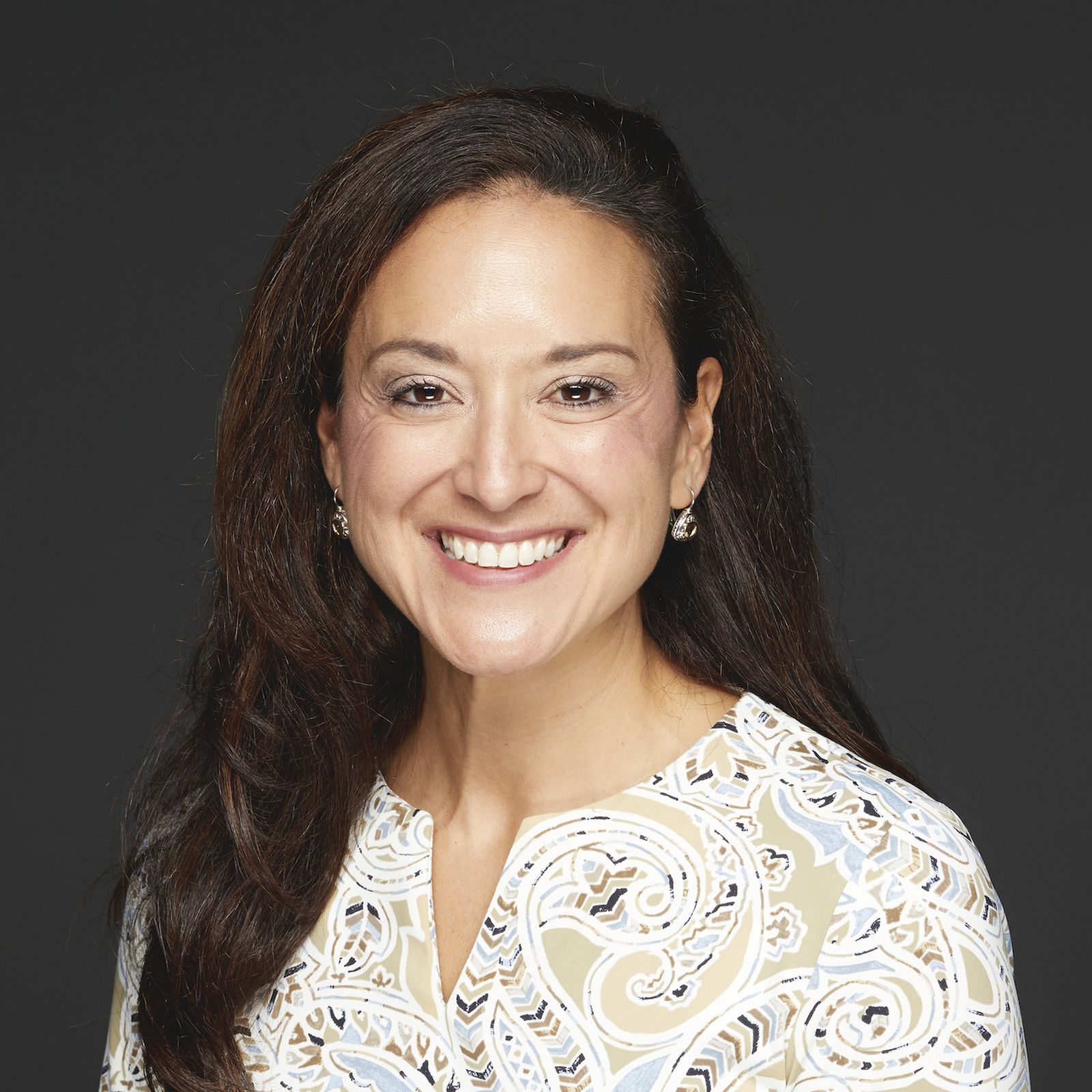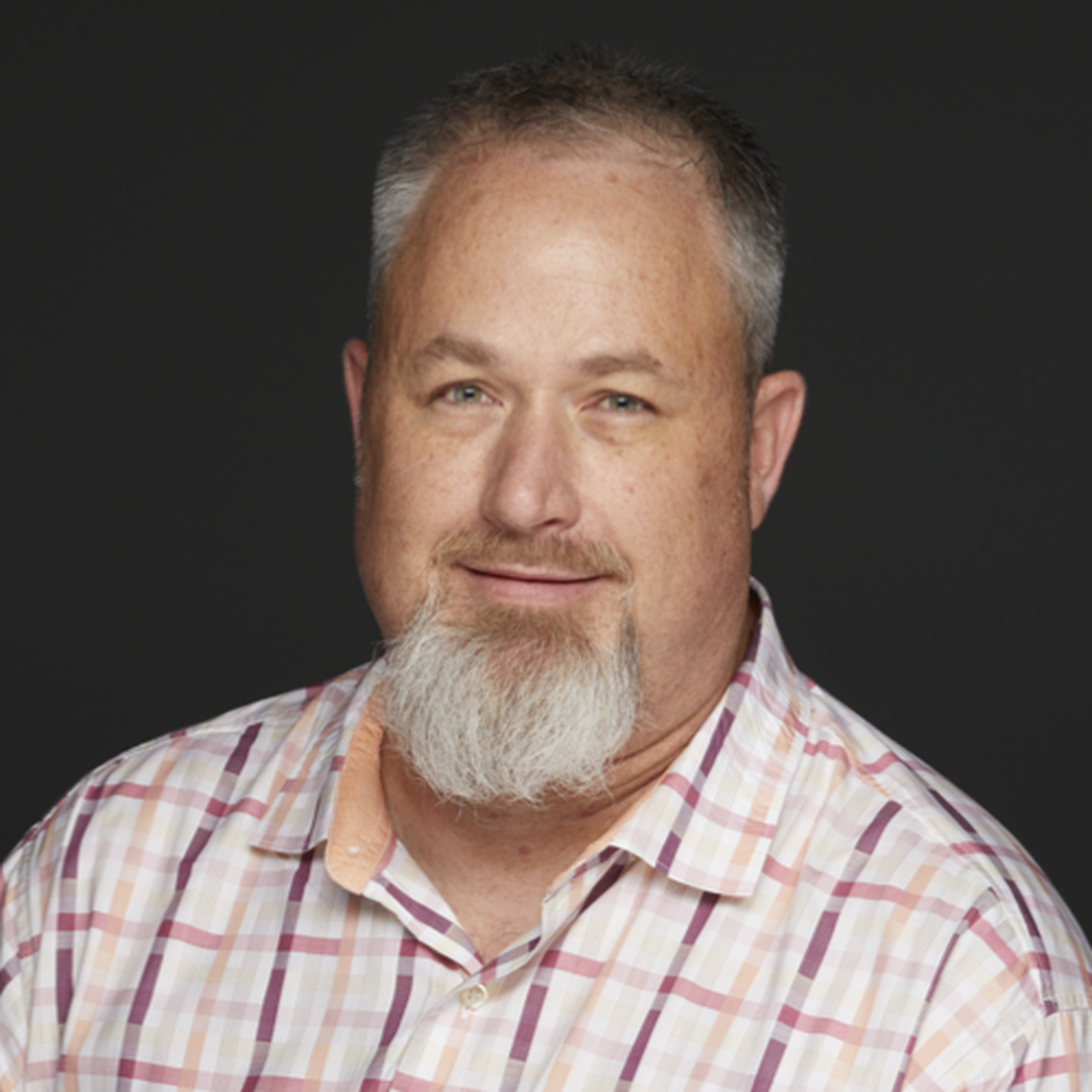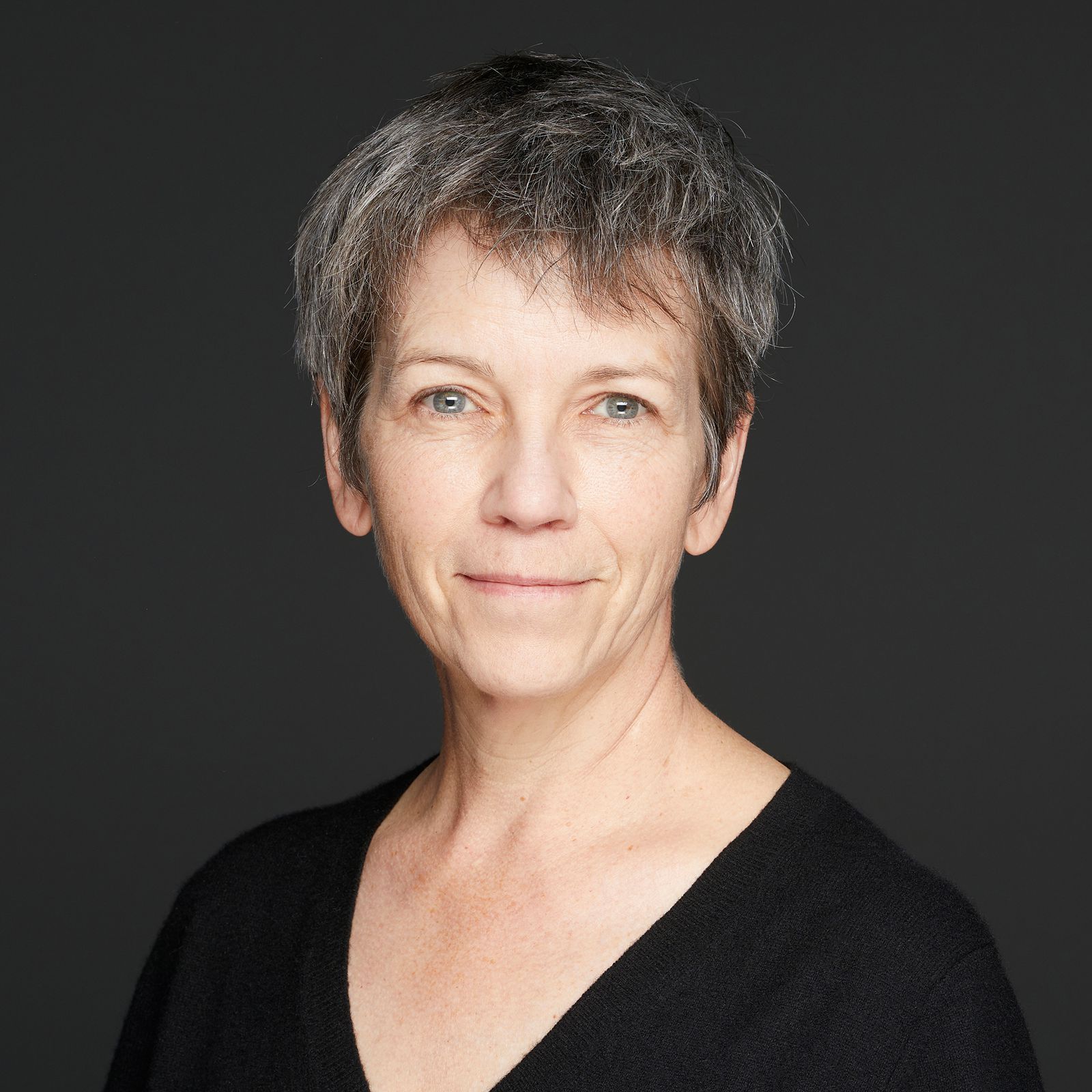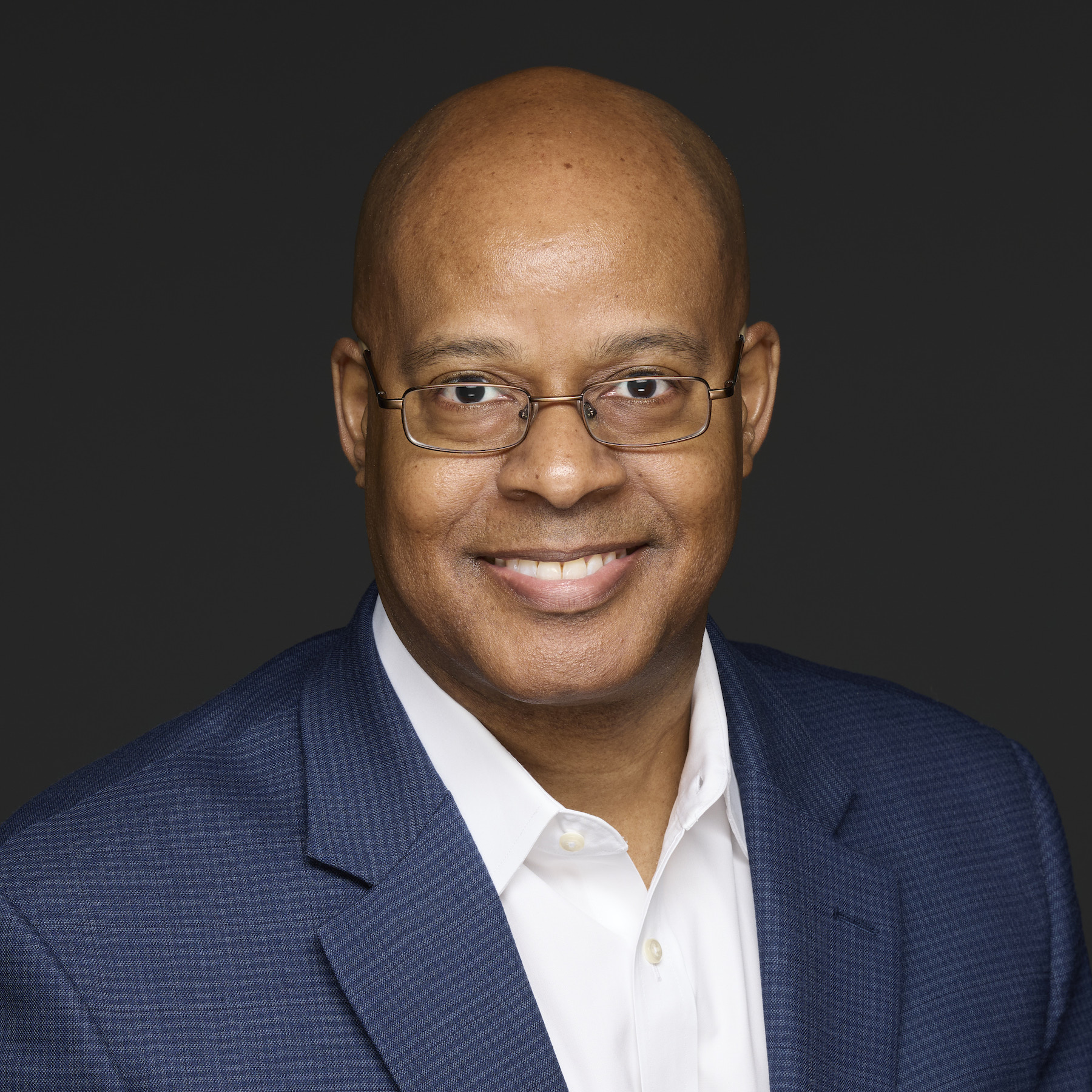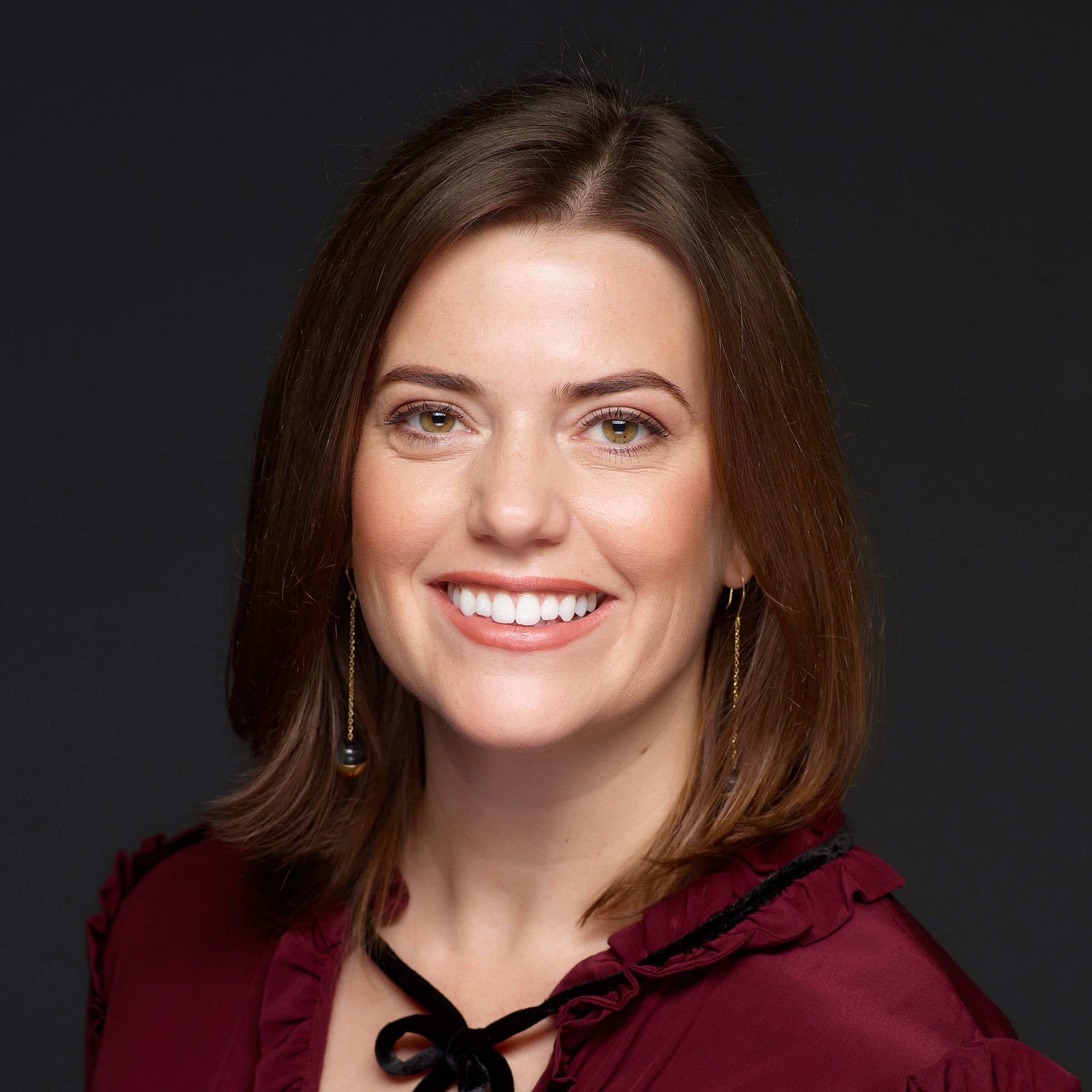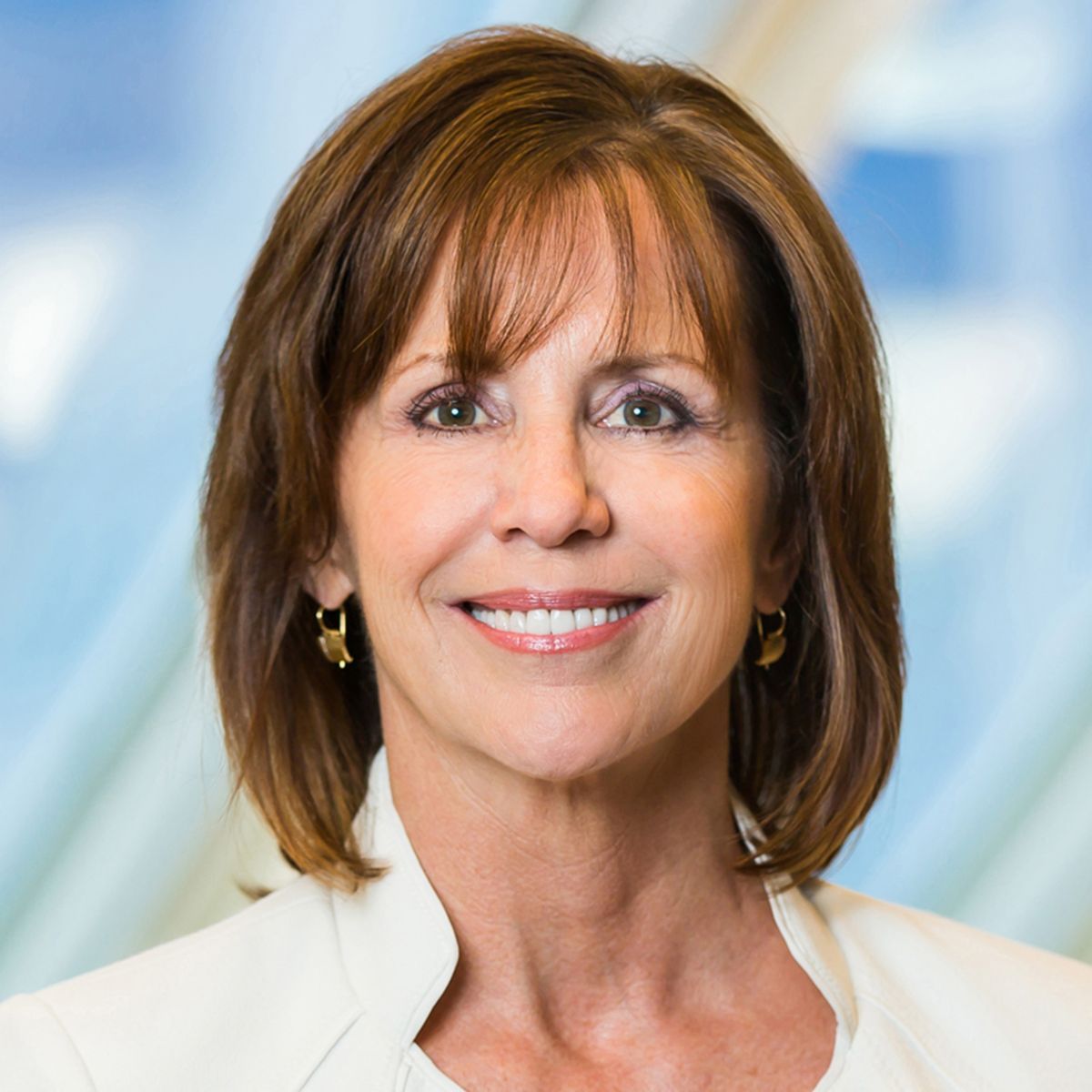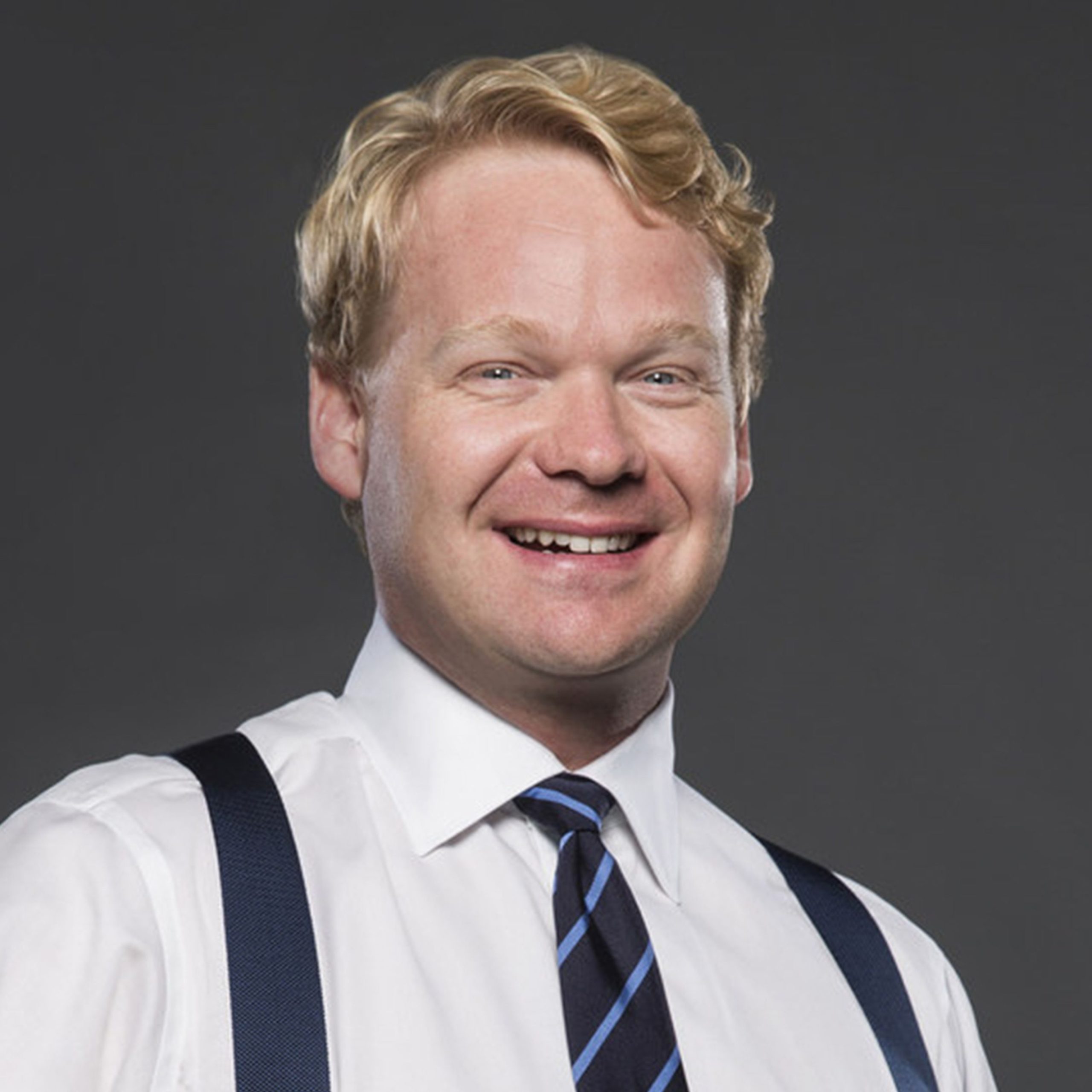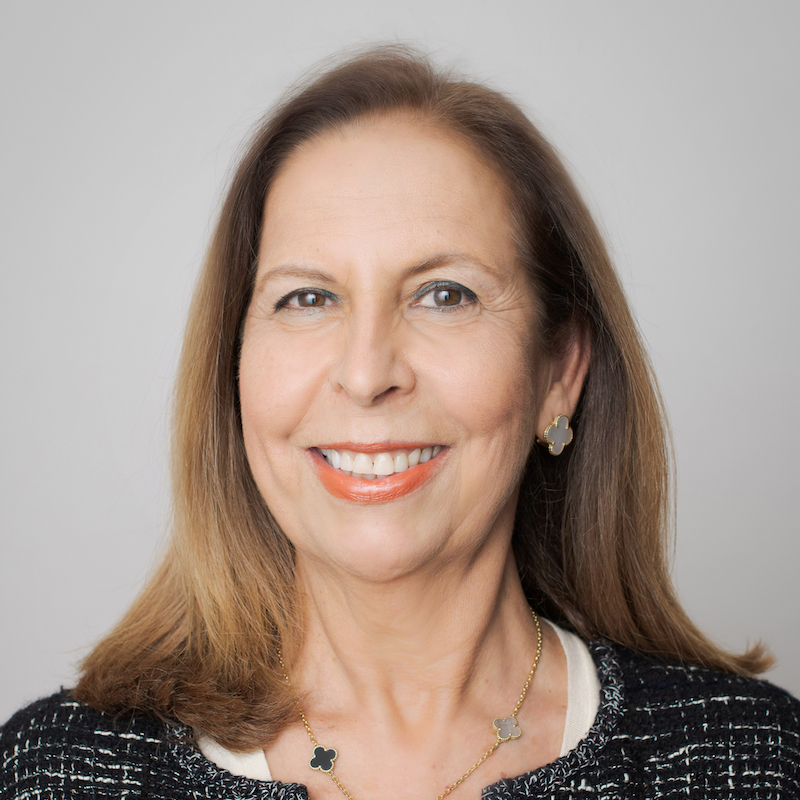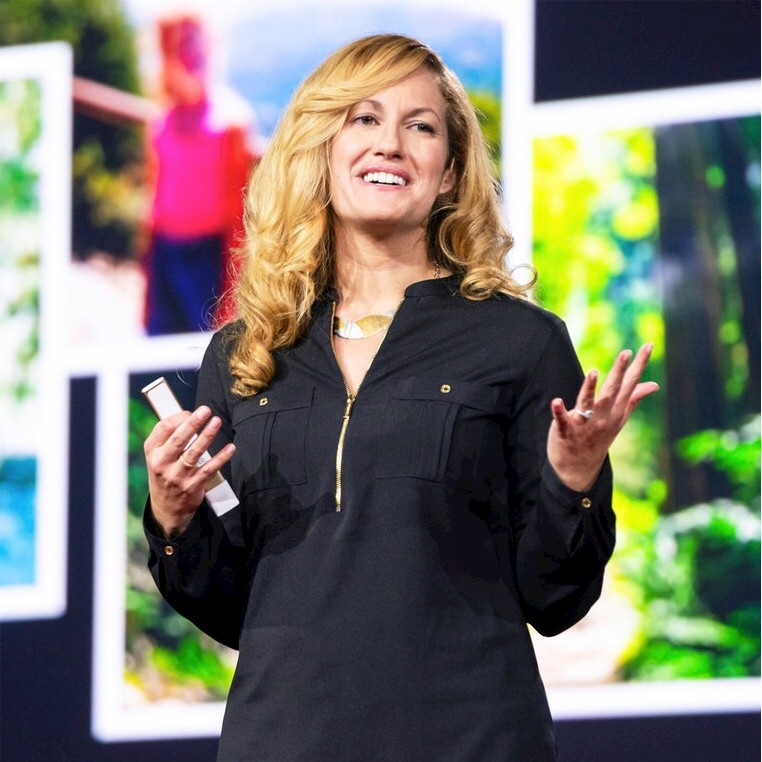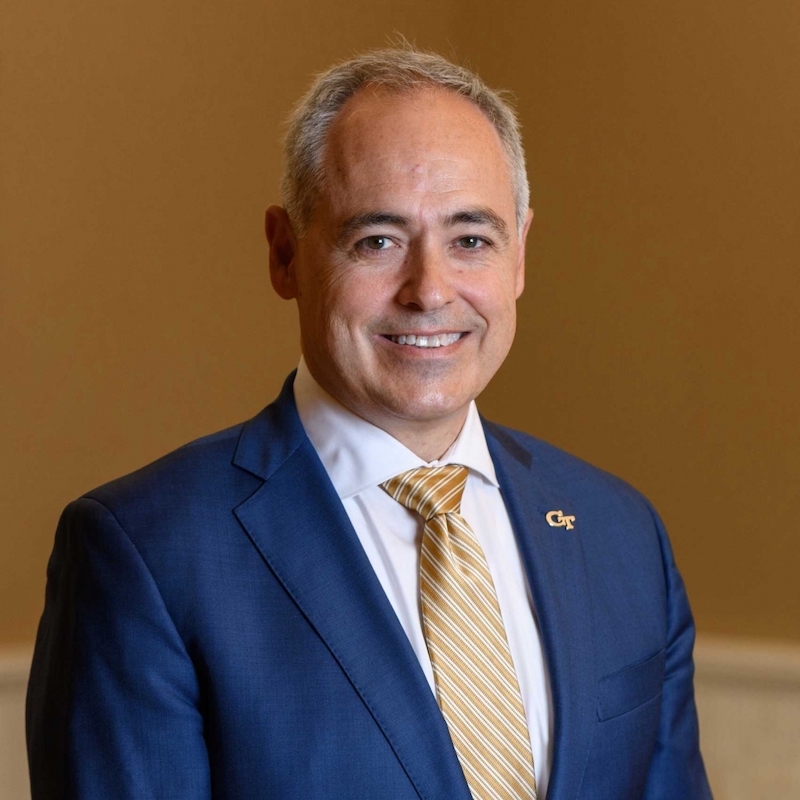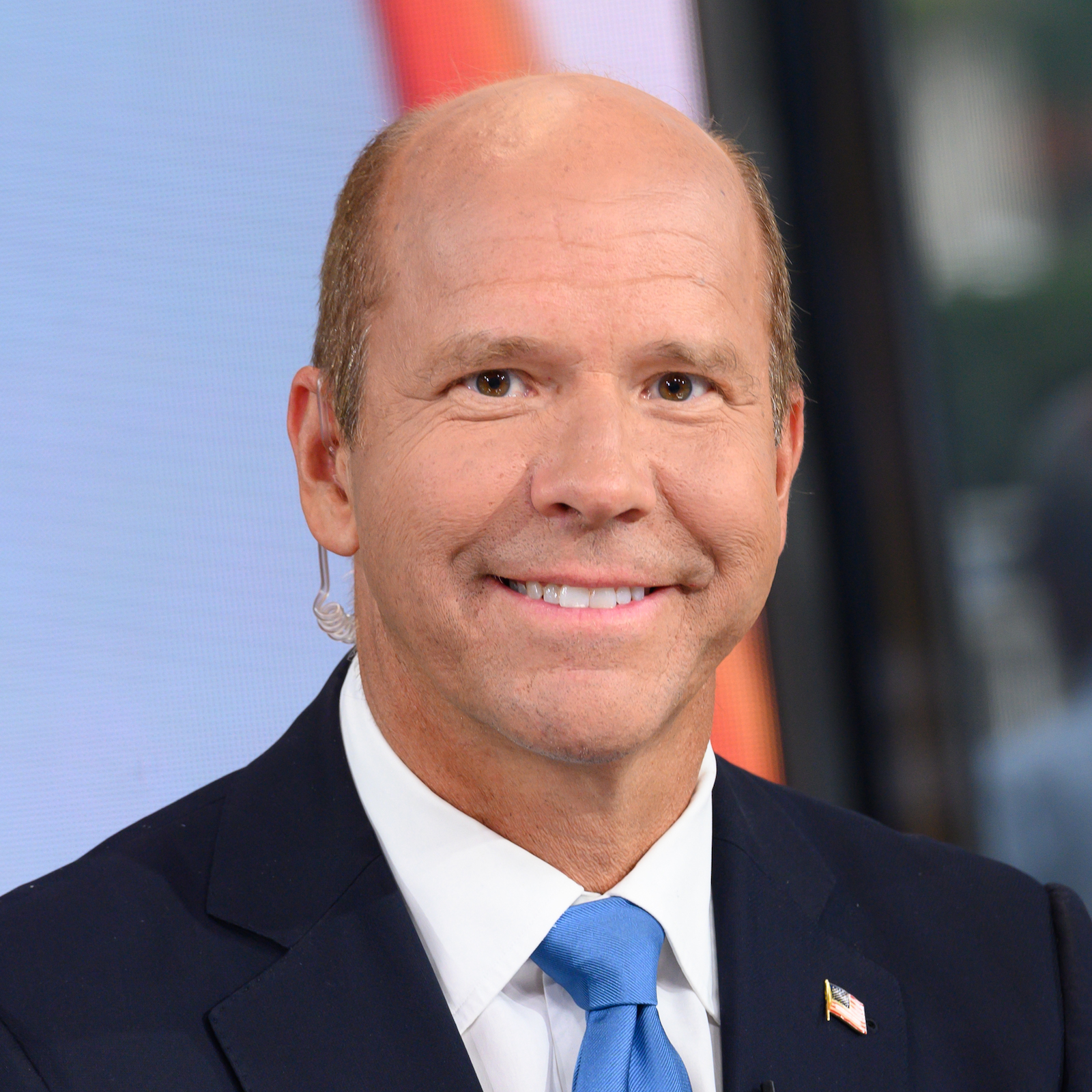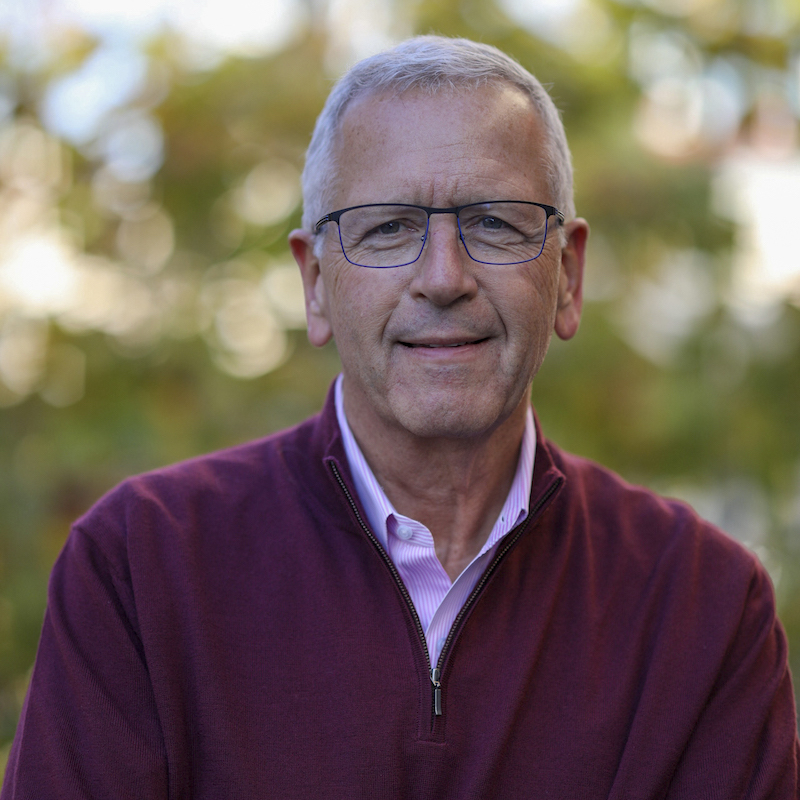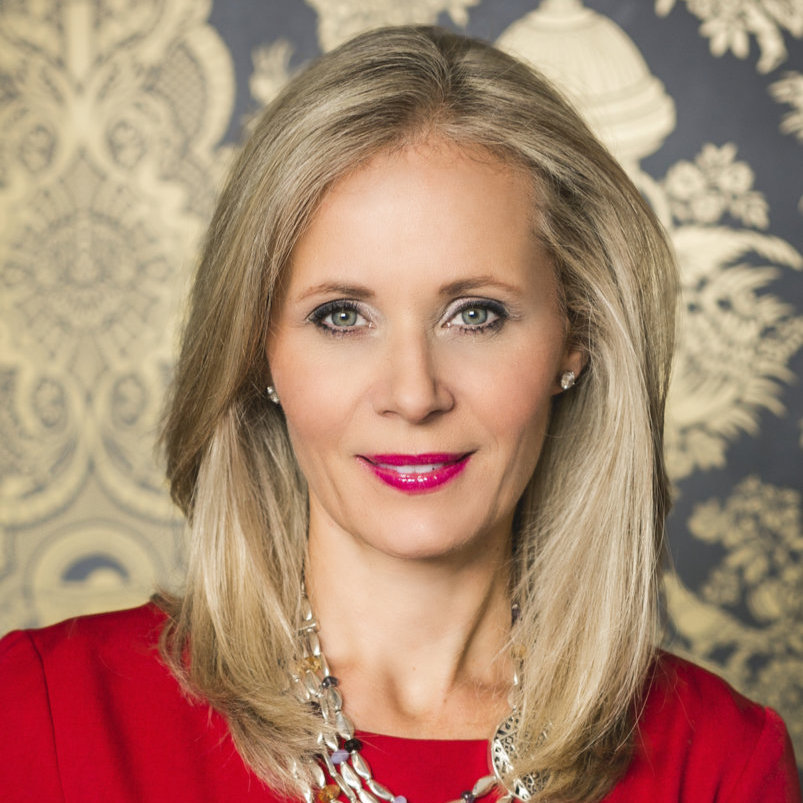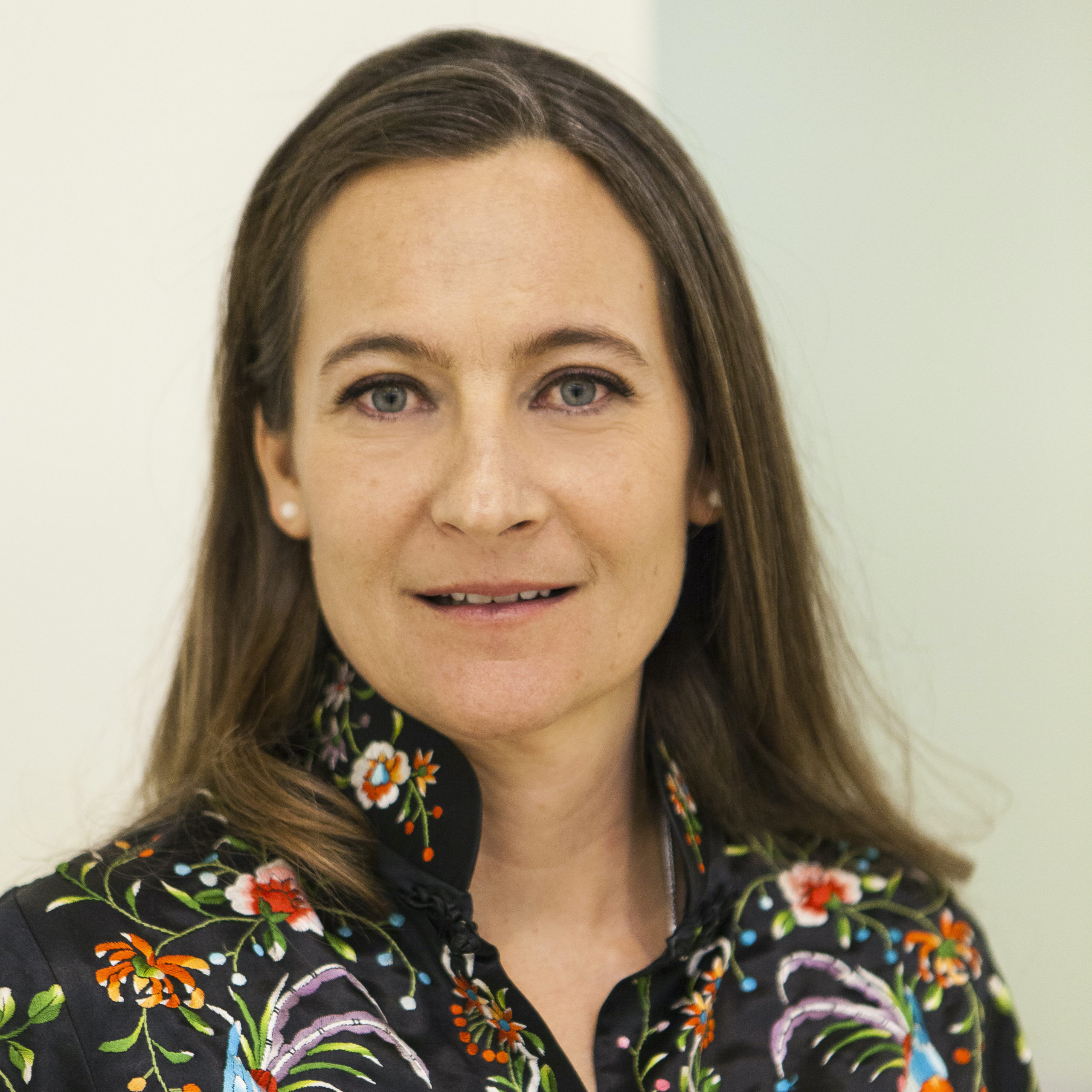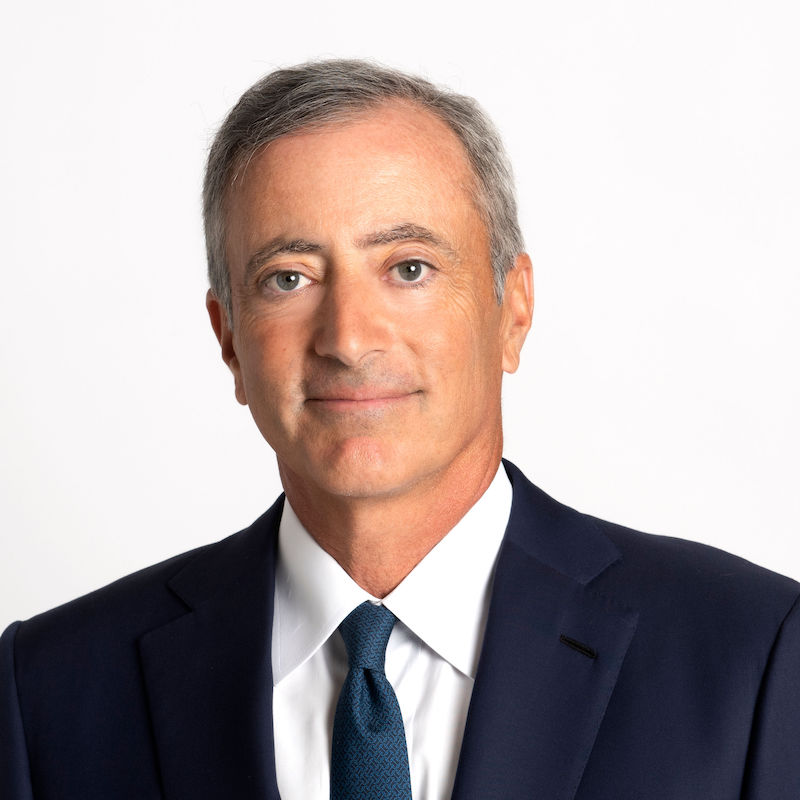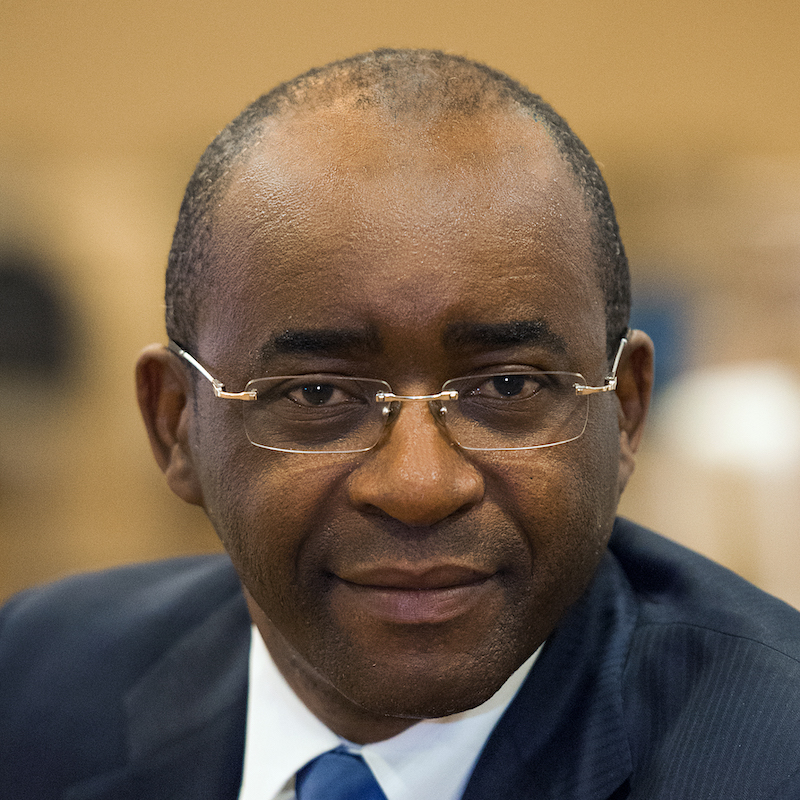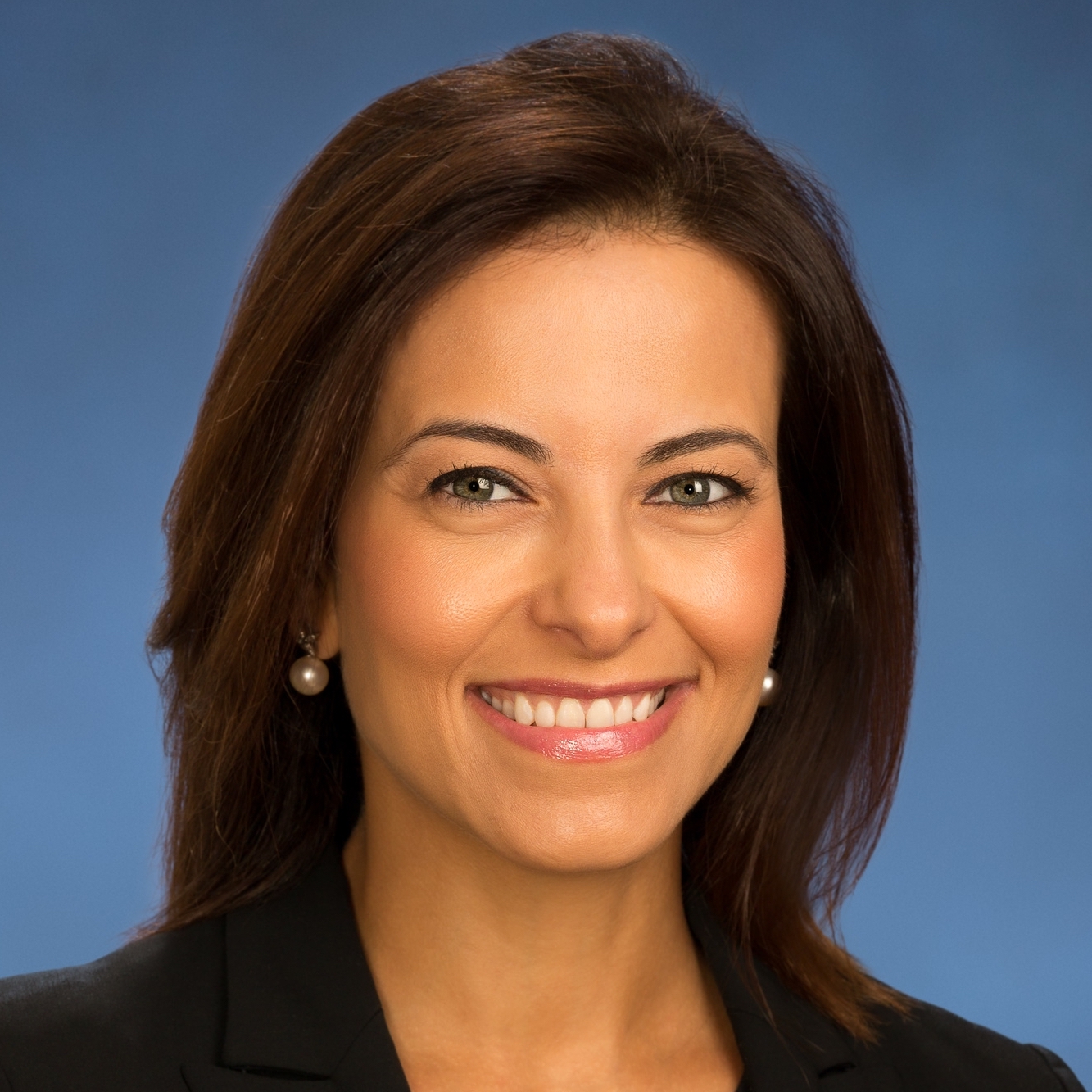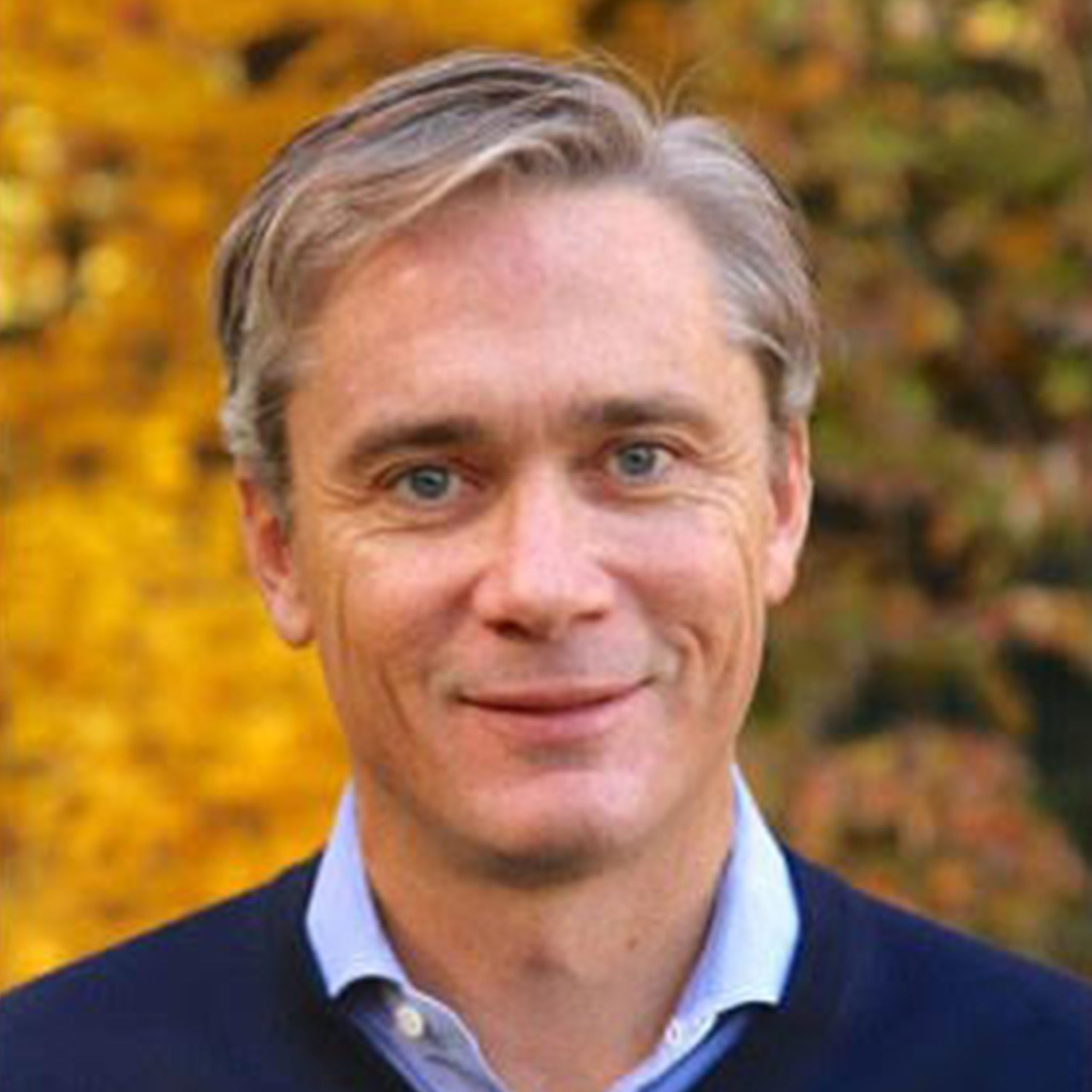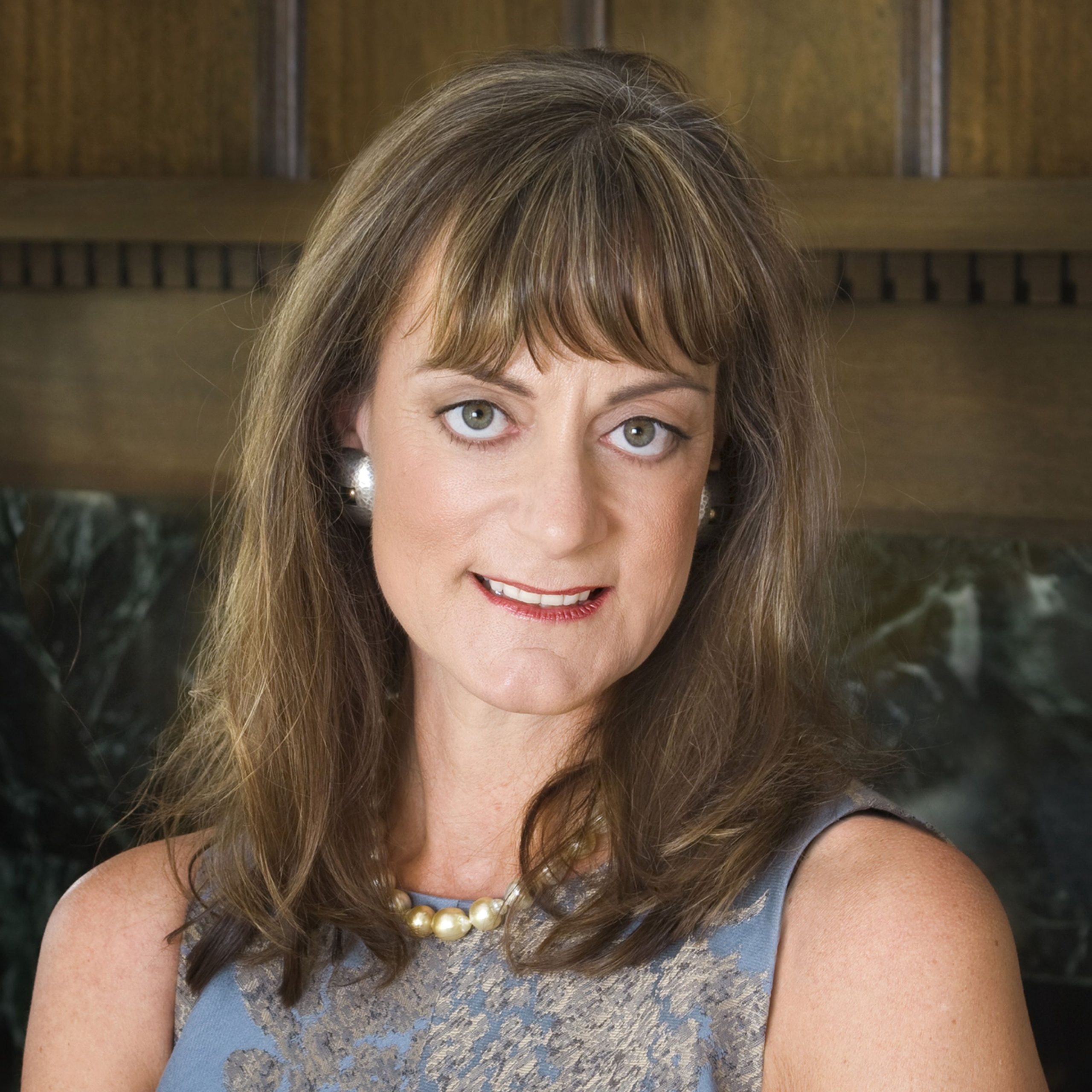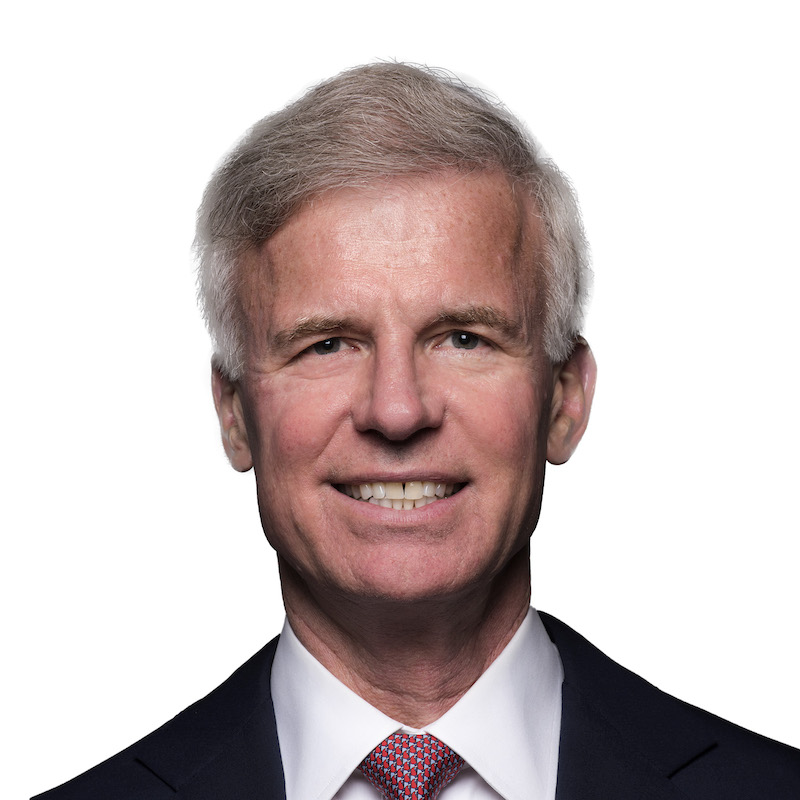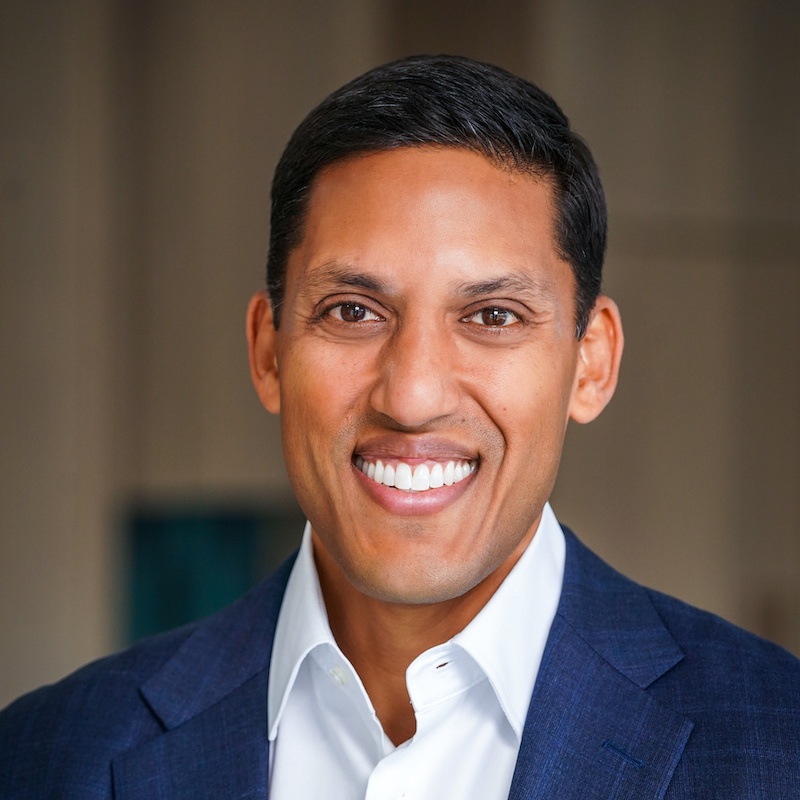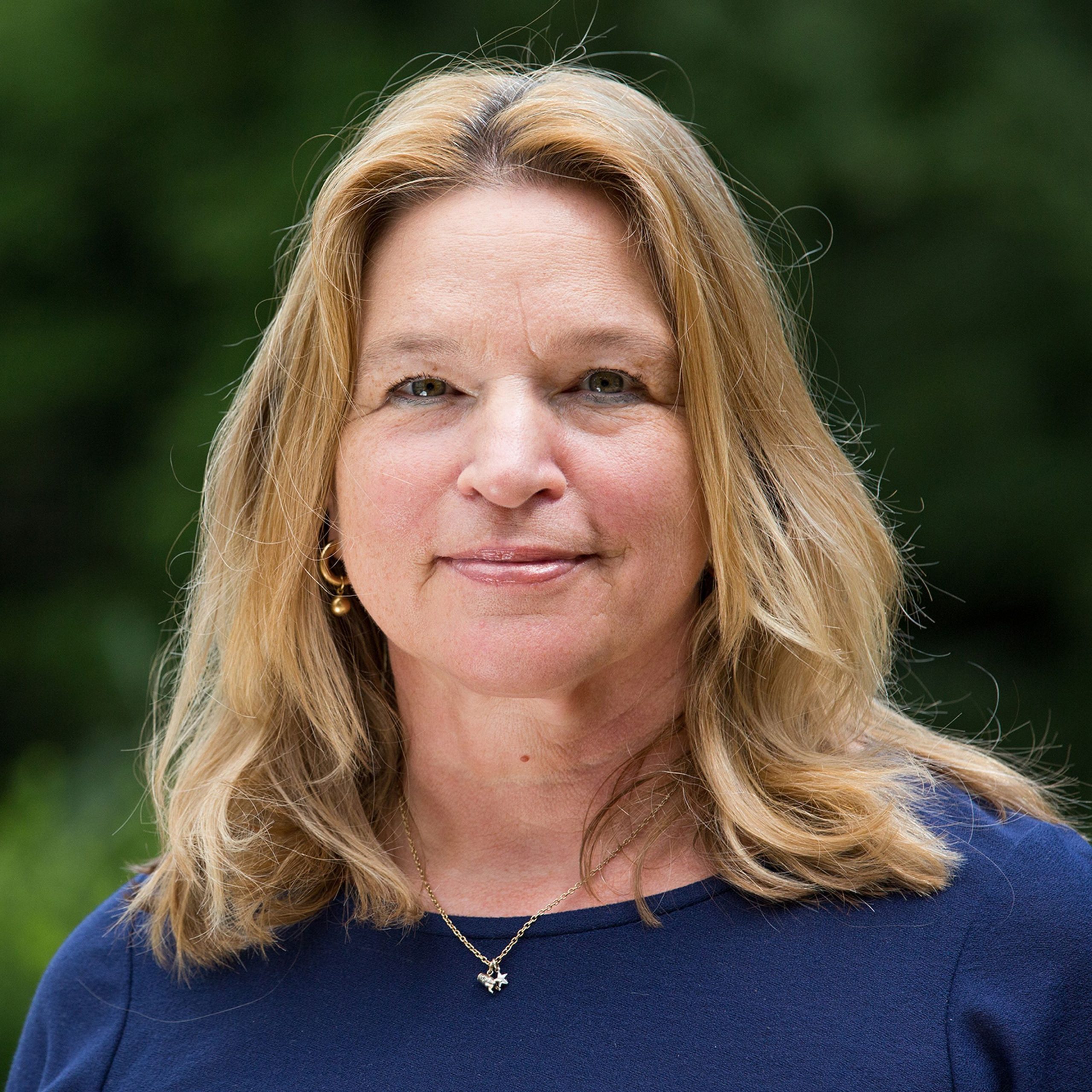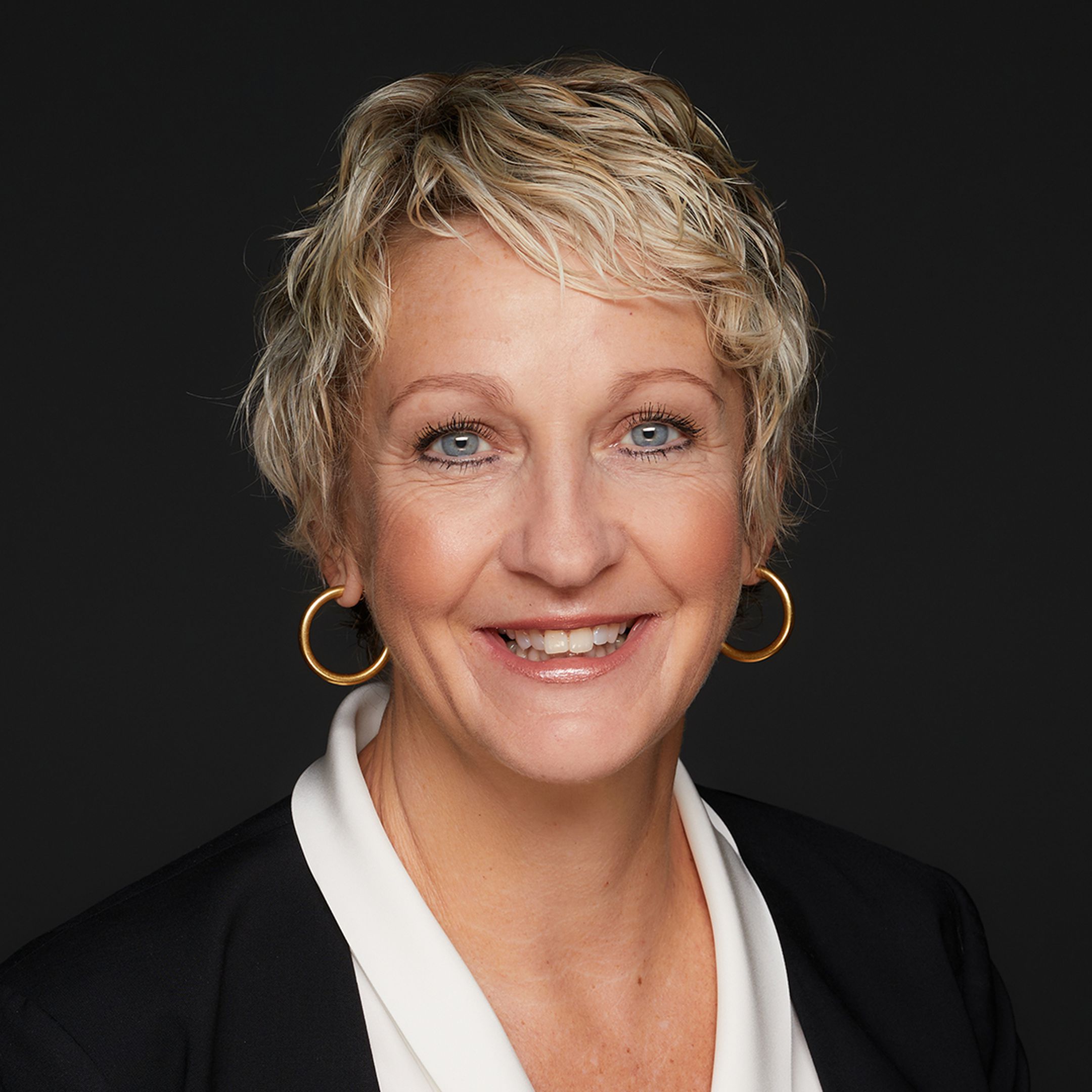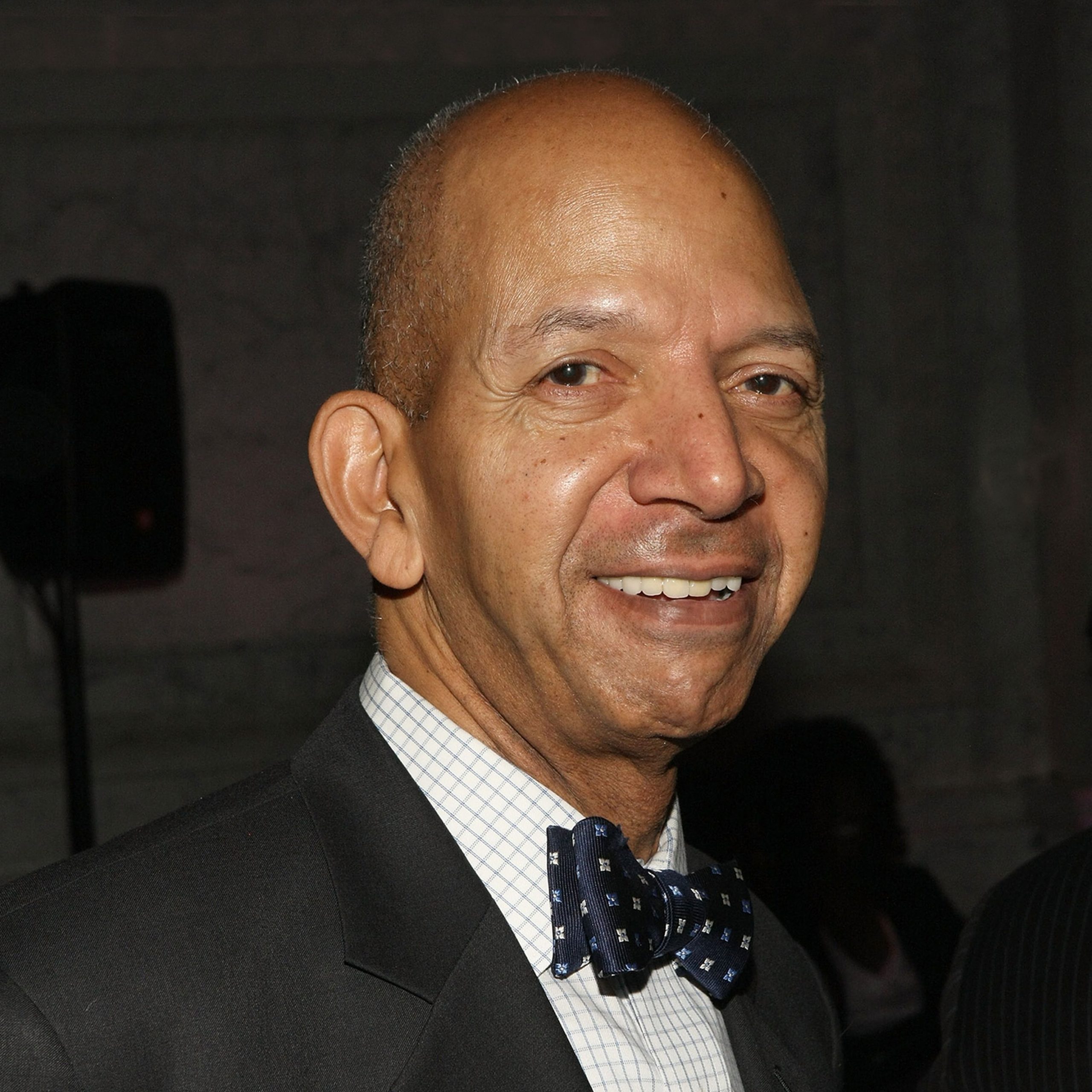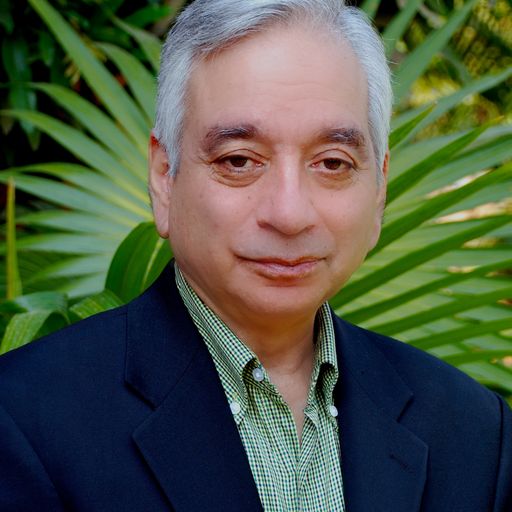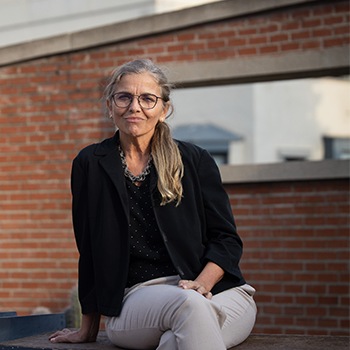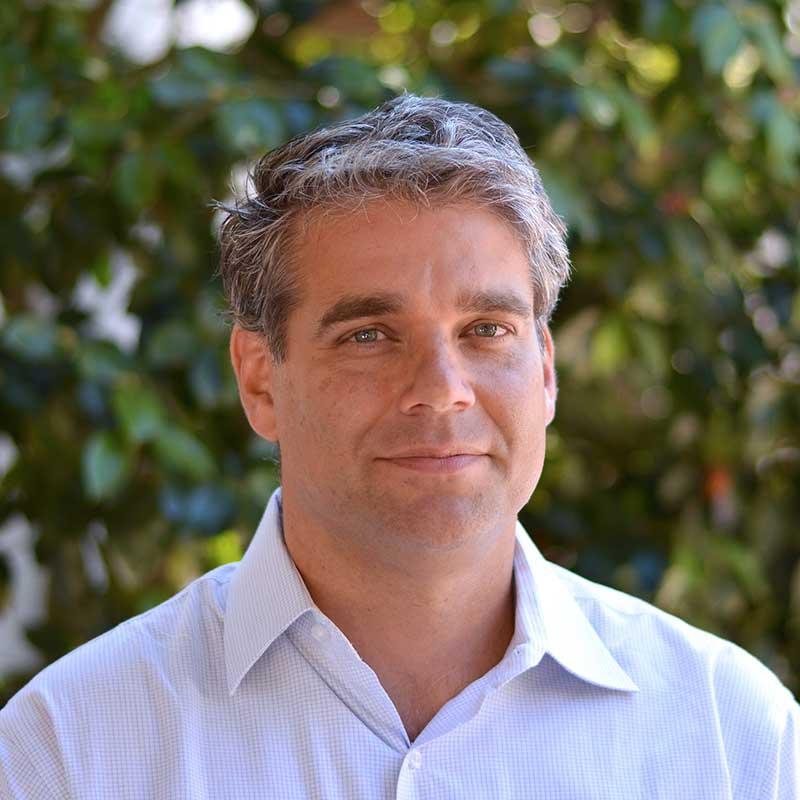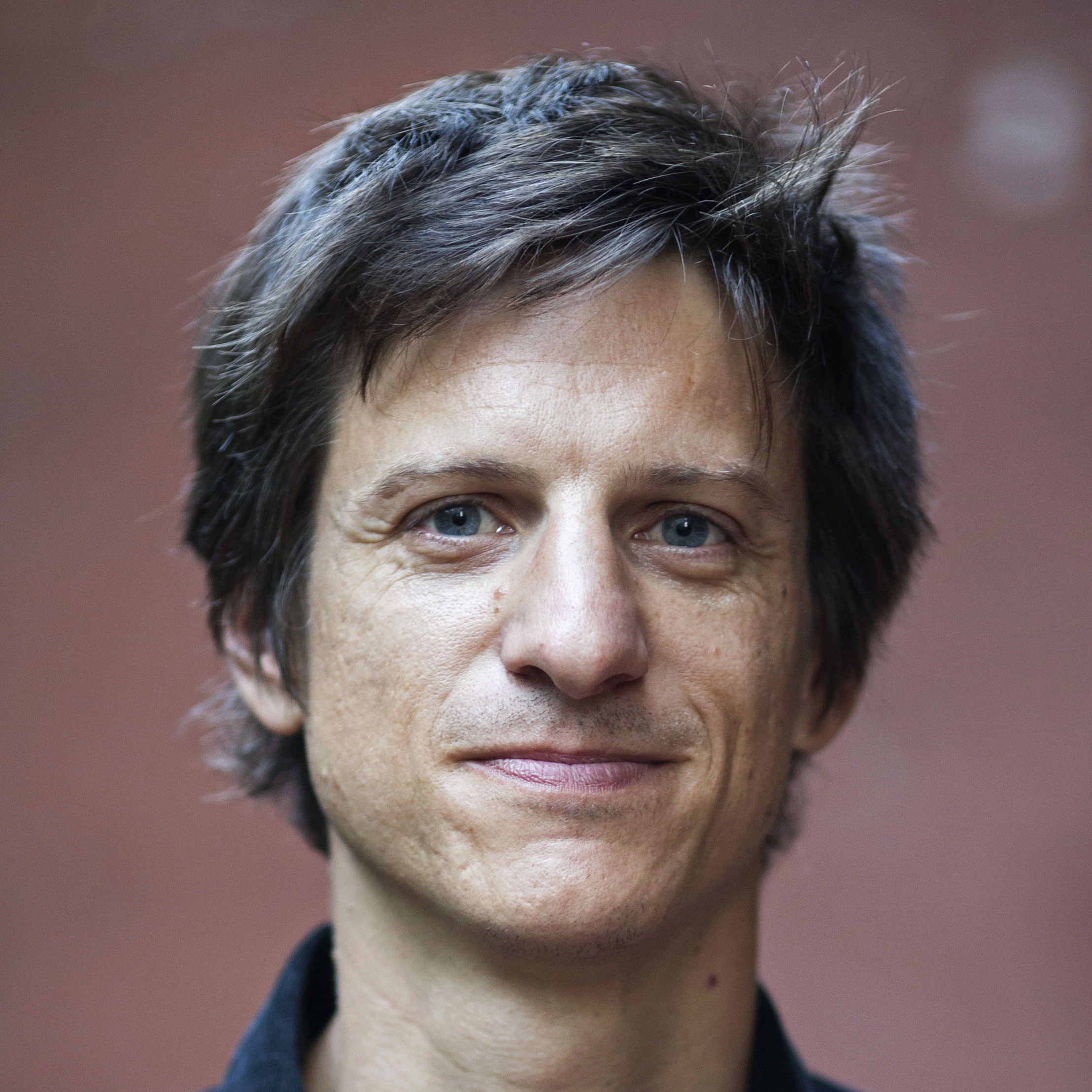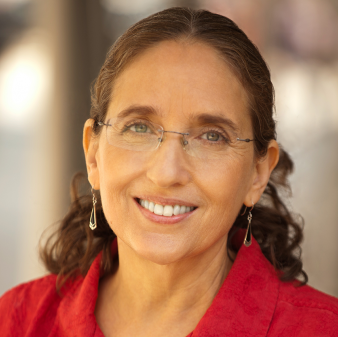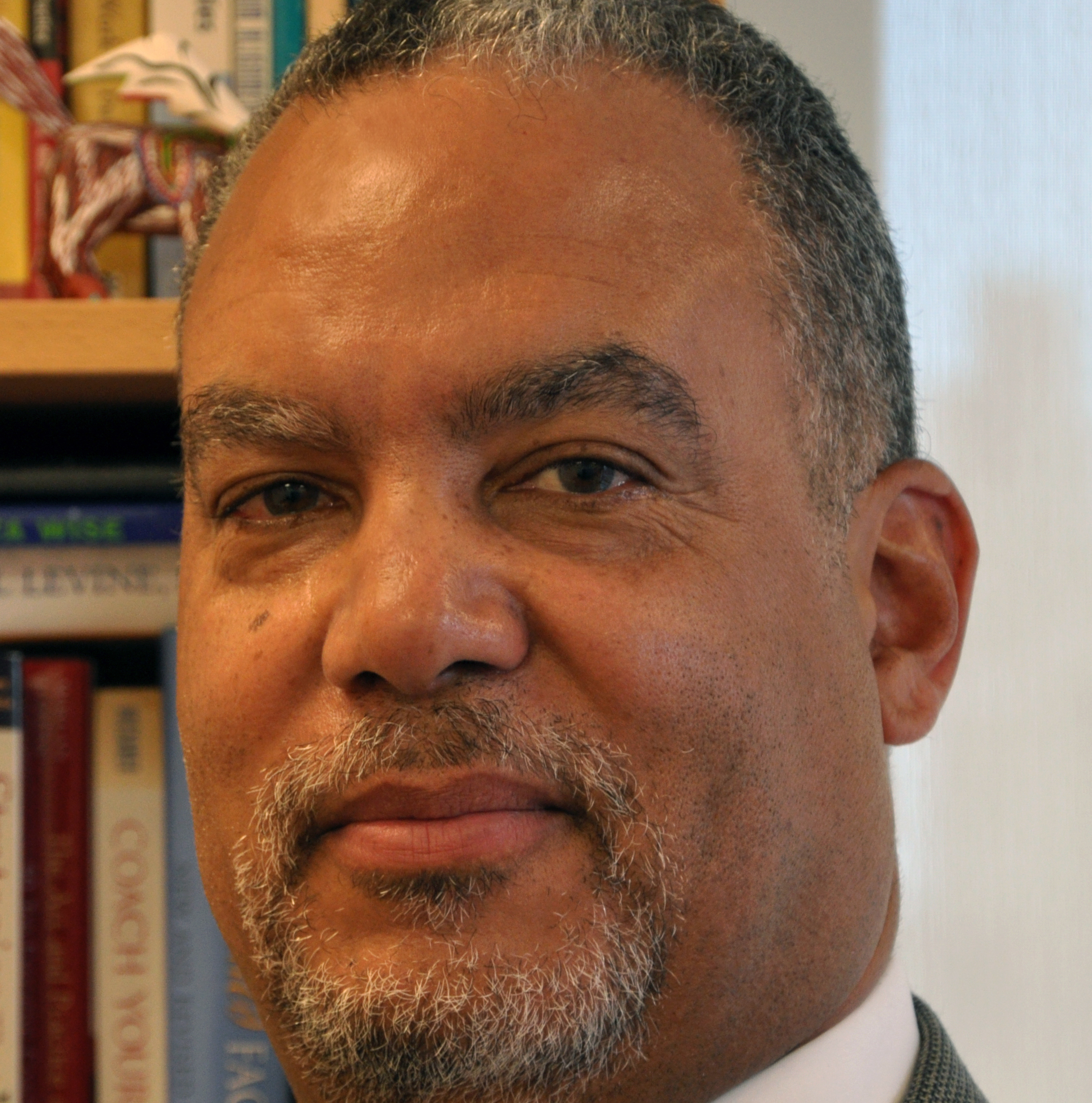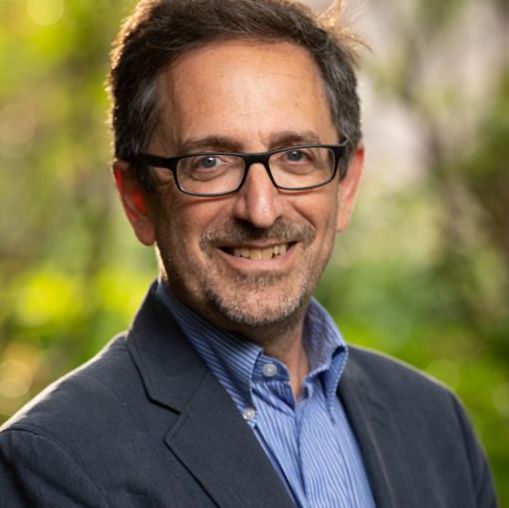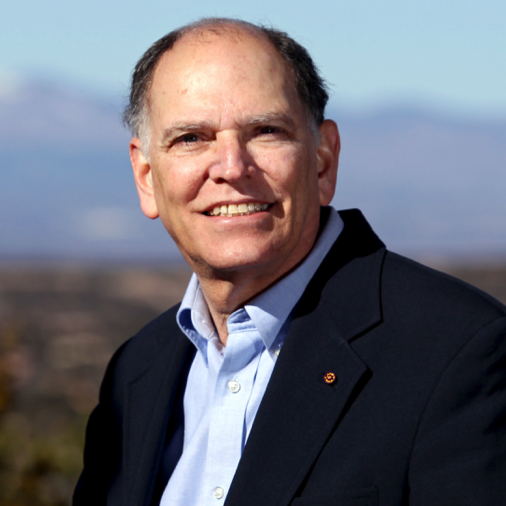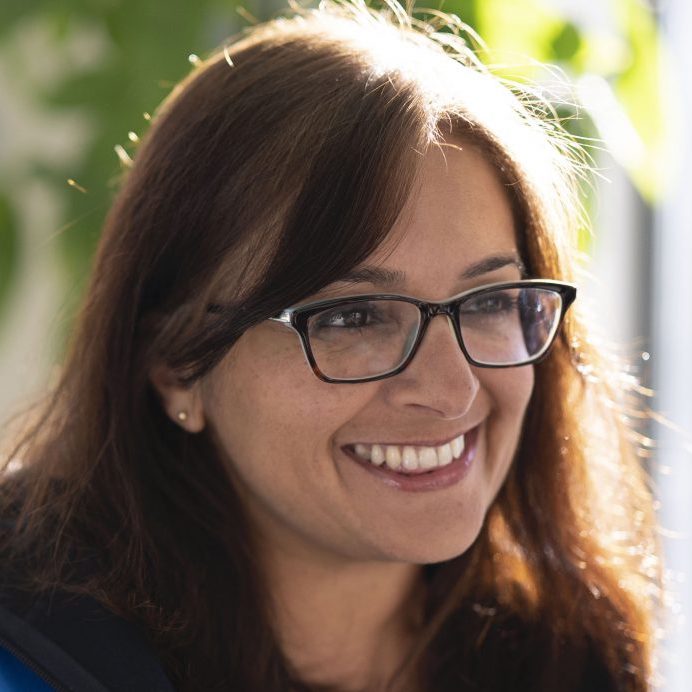Executive Team
Meet the leaders who guide our journey forward.
Jill Tiefenthaler
As chief executive officer at the National Geographic Society, Dr. Jill Tiefenthaler oversees the development and implementation of the Society’s mission-driven work and programmatic agenda. She leads our global community of Explorers: scientists, innovators, educators, and storytellers—in our mission to illuminate and protect the wonder of our world. Jill sits on the Society’s Board of Trustees and the board of National Geographic Partners.
Before joining the National Geographic Society, Jill spent nine years as the president of Colorado College. During this time, she helped set a new direction for the school, executed the most ambitious fundraising campaign in the college’s history, and developed and implemented a comprehensive strategic plan that expanded and cultivated an engaged and globally connected academic community. She developed a Campus Master Plan, executed an alliance to make the world-class Colorado Springs Fine Arts Center part of the college, and led the college’s efforts to achieve carbon neutrality. She also drove significant increases in diversity among the faculty and student body and led the campus community in an external review of racism at the college that resulted in an Antiracism Implementation Plan.
Before leading Colorado College, Jill was provost of Wake Forest University, where she redesigned the admissions process to include an SAT-optional policy, integrated the university’s undergraduate and graduate business schools, established the Institute for Public Engagement and The Humanities Institute, and implemented “Living Our Values,” a plan to strengthen residential life and campus vibrancy.
Jill began her academic career at Colgate University, where she was a full professor of economics before holding various administrative roles, including consultant to the president; associate dean of the faculty; founding director of the Upstate Institute; and chair of the department of economics.
Originally from Iowa, Jill grew up on a farm and worked for her family’s popcorn business before attending Saint Mary’s College in Notre Dame, IN. She received her M.A. and Ph.D. in economics from Duke University.
Shannon P. Bartlett
As chief diversity, equity, and inclusion officer at the National Geographic Society, Shannon P. Bartlett oversees the organization’s diversity, equity and inclusion (DEI) efforts and helps cultivate an environment where people of every race, identity, experience, and ability have a role in its mission-driven work.
She works in partnership with the Society’s staff-led DEI Council and Steering Committee, and serves as an adviser to teams across the organization to ensure our DEI principles are embedded in all aspects of our work.
Bartlett joined the Society from the Northwestern University Pritzker School of Law where she served as associate dean of inclusion & engagement and was an instructor. In this role, she led and managed the school’s inclusion and engagement activities as well as advanced diversity and inclusion in support of the school’s values and priorities.
Bartlett previously served in a number of roles at higher education institutions, including as dean of students at the University of Chicago Law School. Prior to entering academic administration, Bartlett practiced complex civil litigation at Jenner & Block and Valorem Law Group, and served as a legal fellow at the ACLU.
Bartlett’s primary areas of interest center on the unconscious ways diversity and culture impact our everyday decision-making and interactions, as well as how to effectively balance the goal of inclusion with the development of an intellectually diverse community.
Bartlett received her J.D. from the DePaul University School of Law, her M.A. degree in jurisprudence and social policy from the University of California at Berkeley, and her B.A degree in psychology from Washington University in St. Louis.
Crystal Brown
As chief communications, marketing, and brand officer at the National Geographic Society, Crystal Brown advances the Society’s mission by implementing innovative media, communications, and marketing campaigns that promote and amplify its vision, people, programs, and impact with audiences worldwide. In this role, she oversees brand strategy, strategic communications, content integration, digital and social media, public policy, and all creative assets, including photography and video.
Brown brings more than 20 years of marketing and strategic communications experience to the Society, including service spanning several mission-driven organizations, nonprofits, foundations, and higher education institutions. Most recently, she served as executive vice president of Hager Sharp’s education, labor, and economy practice, where she was responsible for setting direction, vision, and strategy for the division, as well as driving business development efforts.
Brown’s prior leadership experience includes roles at two nationally ranked universities. She served on the president’s cabinet as vice president and chief communications officer at Howard University. During her tenure, Brown led the development and implementation of a comprehensive communications and branding strategy for the institution and its assets, advancing the reputation of the university, Howard University Hospital, and its 13 schools and colleges. She had previously served as chief communications officer and spokesperson for the University of Maryland, where she oversaw the school’s strategic communications efforts and approach.
Early in her career Brown led communications at boutique agencies for a diverse portfolio of clients, including the W.K. Kellogg Foundation, the Partnership for 21st Century Skills, and Blackboard.
Brown serves on boards for Linked Learning Alliance, the Ridley Scholarship Fund at the University of Virginia, the UVA Alumni Association’s Board of Managers, and DreamBox Learning. She is the prior board chair for the National Education Association Foundation. She is a member of ColorComm, Delta Sigma Theta Sorority, Inc., and Jack and Jill of America, Inc. Brown holds a Bachelor of Arts degree from the University of Virginia.
Kristi Craig
As chief investment officer at the National Geographic Society, Kristi Craig oversees the organization’s $1.3 billion endowment. She leads and continues to build a differentiated and successful investment portfolio while contributing to the Society’s growth and mission.
Craig champions sustainability efforts, acknowledging and embracing the increasingly important role of impact investing without compromising portfolio returns. She incorporates diversity, equity, and inclusion in the selection of investment managers, helping to ensure the Society’s DEI commitments are embedded across all sectors of the organization.
Craig joined the Society from the Georgetown University Investment Office where she served as the director of private investments and was a key voice in asset allocation and manager selection decisions. She was primarily responsible for the buildout of the endowment’s private equity, venture, real estate, and infrastructure portfolios.
Previously, Craig was a senior investment officer in the Investment Division of the U.S. Small Business Administration, where she was primarily responsible for due diligence and review of private equity and mezzanine funds on behalf of the Small Business Investment Company Program, a public-private investment fund with $20 billion under management.
Craig is a member of the advisory board for the 1921 Institute, a non-profit dedicated to developing the infrastructure for equitable success and the investment committee for Rebalance360, a company dedicated to the democratization of high-quality, low-cost investment advice and financial planning. She earned a bachelor’s degree in economics from Georgetown University and is a CFA charter holder.
Mara Dell
As chief human resources officer at the National Geographic Society, Mara Dell leads all aspects of the organization’s talent and culture strategy. She also oversees the day-to-day operational needs of all human resources (HR) functions, including talent acquisition, talent management, diversity and inclusion, succession planning, employee relations, performance management, HR information systems, policy, compliance, and compensation.
Dell joined the Society with 20 years of experience leading global HR functions in the nonprofit and private sectors. Most recently, she served as chief people officer at Conservation International, overseeing more than 1,000 employees in 30 countries. Previously, she led the HR team at Women for Women International, a nonprofit organization that provides support to marginalized women in countries affected by conflict and war. Dell also spent six years with the Atlantic Media Company (now Atlantic Media), where she established and led the organization’s HR functions.
Dell began her career as a production assistant in National Geographic’s audiovisual department. She is a graduate of Mount Vernon College (now part of the George Washington University) where she earned a B.A. in arts and humanities.
Emily Dunham
As the chief campus and experiences officer at the National Geographic Society, Emily Dunham is responsible for overseeing the transformation of our Washington, DC headquarters to include a new brand attraction scheduled to open in 2026. She also oversees brand experiences beyond our headquarters, including traveling exhibitions, touring photo shows, and the speaker series National Geographic Live.
Prior to joining the Society, Dunham was a senior vice president at Comcast Spectacor, providing leadership for booking of the Wells Fargo Center, creation of new events in the greater Philadelphia area, and a suite of strategic services for a network of 60+ venues across North America.
Previously, Dunham worked at the Washington Nationals Baseball Club, where she served first as executive director of ballpark enterprises, responsible for revenue generated from non-game day events and tourism, before later being promoted to vice president of corporate strategy. Dunham began her career at The Heritage Foundation, overseeing events, facilities, physical security, and risk management for the think tank.
Dunham received a master’s degree in business administration from George Washington University and holds a bachelor’s degree in political science from Houghton College in New York.
Deborah R. Grayson
As chief education officer, Grayson will further the Society’s efforts to amplify and extend the work of National Geographic Explorers into classrooms, communities and with young people, in support of the Society’s mission to illuminate and protect the wonder of our world. She will work to advance the organization’s vision for millions of educators and young people to develop an “Explorer Mindset” by 2030.
As a member of the senior leadership team, Grayson will serve as an internal and external champion of the Society’s education initiatives. She will oversee the development of products and partnerships that bring the organization’s educational approach to students and educators around the world. In collaboration with senior program colleagues and the business development officer, she will participate in the development of new high-impact, revenue-generating, education-related initiatives that advance the Society’s mission and new sustainable business model.
Grayson has more than 20 years of experience leading a variety of leadership, learning, and organizational development initiatives in the United States and internationally. She served as the Senior Director of Leadership and Organizational Development at the Association of Research Libraries (ARL), where she designed and implemented a strategy for leadership and learning in support of research library leaders who are making significant shifts given changes in research, teaching and learning. Grayson also previously served as vice provost of Learning Design and Experience at University of Maryland Global Campus, where she and her team provided a mix of services that included the design and development of online courses, creation of open educational resources, design and implementation of global learning systems, development and implementation of blended learning solutions, and program development and management.
Grayson’s current scholarly and artistic interests focus on the intersection of science, technology and culture. She earned her Ph.D. and M.A. in American studies from Michigan State University, and her B.A. in English literature from the University of Maryland, College Park.
Ian Miller
As Chief Science & Innovation Officer at the National Geographic Society, Ian Miller oversees the Society’s research and conservation functions to ensure that science continues to be foundational to the organization’s programs for impact and illumination.
Before joining the Society, Miller spent 15 years at the Denver Museum of Nature & Science, most recently serving as the director of Earth and Space Sciences. During this time he studied fossil plants, paleoclimate, paleoecology, and tectonics, and he also co-led the Snowmastodon Project, which provided a new benchmark for understanding climate change in the American West.
Throughout his academic career, Miller has natural history experience on all seven continents and has been a lead scientist on major field expeditions in Madagascar and much of the western United States. He continues to collaborate on research projects in paleobiology and geology focused on the recovery of life following Earth’s last mass extinction.
Beyond his work as a scientist, Miller has led museum initiatives aimed at deepening people’s connection with the natural world and unearthing major trends in new and existing audiences that are defining the future of museums.
Miller received his Ph.D. and master’s degree in geology and paleobotany from Yale University, and a B.A. in geology from Colorado College.
Alex Moen
As chief explorer engagement officer at the National Geographic Society, Alex Moen is responsible for a team that identifies, develops, and empowers National Geographic’s extensive community of researchers, conservationists, educators, technologists, and storytellers. Through training, mentorship, Explorer elevation, and engagement, and Explorer community activation, Moen has helped build a network of passionate changemakers who are leading priority conservation and exploration programs across the Society.
Prior to his current role, Moen supervised multiple licensing categories in National Geographic’s Enterprises Group. In his licensing position, Moen cultivated key Society partnerships and managed numerous, high-profile business relationships with organizations like Chase Card Services and Target Corporation.
Before joining National Geographic in 2001, Moen was a manager at A.T. Kearney, a management consulting firm, where he specialized in market analysis and operations improvement for a variety of clients.
The son of a U.S. Foreign Service Officer, Moen grew up in various countries including Italy, Austria, and the Netherlands. He received his B.A. in international relations from Johns Hopkins University. Following university, Moen served in the U.S. Army as an officer in a tank battalion based in Germany. He received his M.B.A. from Columbia University in New York.
Kara Ramirez Mullins
As the chief advancement officer at the National Geographic Society, Kara Ramirez Mullins fuels and expands the National Geographic community by inspiring transformational philanthropy and driving strategic partnerships, comprehensive fundraising efforts, and special events for the organization. Since arriving at the Society, she has grown the advancement division, spurred a dramatic increase in support from the Board of Trustees, and delivered three record-setting fundraising years—the strongest in the organization’s history. In 2023, she also secured the largest single gift to the Society ever. Kara advances the Society’s mission through membership strategy, and corporate, foundation, and individual giving programs that broaden the Society’s constituent base and generate financial support.
Mullins brings more than 20 years of fundraising and external relations expertise to the Society. Most recently, she spearheaded multimillion-dollar philanthropic and fundraising efforts as the vice president for advancement at the University of Virginia’s Darden School of Business. In this role, Mullins expanded all endowed and operating funds, launched a $400 million capital campaign, and led five of the most successful fundraising years in the school’s history.
Mullins’ career also includes senior leadership positions with several esteemed Washington, D.C. organizations. She served as associate vice president for institutional advancement at the Brookings Institution, managing and directing annual and major giving efforts and a portfolio of high-level institutional donors for the think tank’s $600 million campaign. She also served as director of development at the Phillips Collection and completed a decade-long tenure in development with the National Gallery of Art, connecting with donors, board members, and constituents in their philanthropic support of art and culture.
Mullins earned a bachelor’s degree from Marymount University and completed graduate work at Georgetown University. In June 2018, Mullins graduated from the Executive Program at the Darden School of Business.
Sumeet Seam
As the chief legal officer at the National Geographic Society, Sumeet Seam leads the organization’s legal and business affairs function and is responsible for legal, governance, risk management, and compliance matters.
Seam joined the Society with 20 years of experience successfully developing high-performing legal and risk departments. Most recently, he served as general counsel for Save the Children, overseeing all of the nonprofit’s legal affairs and key operations functions. In this role he advised on compliance matters, donor requirements, comprehensive governance reform, staff safety, and crisis management. He also focused on matters of workplace culture and chaired its Diversity, Equity and Inclusion Council.
Seam also spent 11 years at Discovery, where he managed the U.S. corporate legal department. Prior to that, he was a corporate associate at the Hogan & Hartson firm (now Hogan Lovells).
As a public speaker, Seam has addressed legal issues, board governance, crisis management, enterprise risk management, and workplace culture. He is a member of the General Counsel Steering Committee at the National Association of Corporate Directors and a member of the District of Columbia and Maryland bar associations.
Seam holds a J.D. from Columbia Law School and a B.A. in international affairs from George Washington University.
Jason Southern
As the chief technology and information officer at the National Geographic Society, Jason Southern is responsible for identifying and implementing technology solutions. Southern oversees the organization’s technology infrastructure, information security program, and data protection efforts. His team delivers a wide range of IT services including systems engineering, software development, product management, user experience design, audio/visual production, and staff technical support. Southern first joined the Society in 2018 as the director of applications development, and was responsible for the development and maintenance of the organization’s website and applications. He was promoted to senior director of digital where he oversaw software engineering, product management, and user experience design. Prior to joining the Society, Southern developed and designed enterprise-scale software applications for product start-ups, telecommunication companies, financial institutions, and the public sector. After serving as the software architect for Nextel’s online store, Southern assumed leadership roles as the senior director of the College Board’s business technology labs and the chief technology officer for Brazen Technologies. Southern grew up writing code, but studied international relations at Georgetown University before returning to software development.
Kim Waldron
As Chief of Staff and Program Alignment at the National Geographic Society, Kim serves as a thought partner and adviser to support the organization’s strategic direction across all program areas. She provides strategic and operational support to the CEO, board of trustees, and executive management team. In addition, Kim oversees and drives collaboration and alignment across the science, exploration, education and storytelling areas, to accelerate the Society’s mission and achieve the goals of the strategic plan.
Prior to joining the Society, Waldron served as chief of staff at Colorado College, university secretary at the University of Edinburgh, and secretary of the college at Colgate University. In addition to supporting the respective leaders and boards of trustees of these institutions, Waldron oversaw many areas of operation including student services, communications, advancement, human resources, and environmental health and safety.
Waldron was a postdoctoral researcher at the Universities of Manchester and Edinburgh, and served on the faculty in the geology department of Colgate University. She holds a Ph.D. and a master of philosophy in geology from Yale University and an A.B. in geology from Colgate University.
Darien Wright
As chief financial and operating officer at the National Geographic Society, Darien Wright is a strategic partner to the CEO, senior leadership team and board to advance the Society’s mission. He leads the organization’s financial and operational functions, including financial planning and analysis, accounting, treasury and risk management.
Darien also oversees the Society leaders responsible for its endowment and investment portfolio, which help fund the organization’s critical work, as well as the technology solutions and Base Camp experiences that further the Society’s mission. Additionally, Darien serves as a key liaison to financial leadership at The Walt Disney Company, in support of the joint venture between the Society and Disney. He sits on the board of National Geographic Partners.
Before joining the National Geographic Society, Darien drove the strategic growth of a Brookfield Asset Management-owned portfolio company from its inception to a $1.5 billion successful exit. As Chief Operating Officer of the 111-hotel platform, he had day-to-day oversight of real estate development, asset management, acquisitions, dispositions, accounting, legal, and human resources.
Previously, Darien was an executive with Marriott International for nearly 12 years in leadership positions across financial planning and analysis, corporate finance, and development asset management. During his tenure, he partnered with diverse teams to facilitate new construction hotel projects, deliver valuations to structure transactions, influence capital allocation decisions, and direct company-wide planning processes. His hospitality experience spans multiple asset types, ranging from luxury hotels and resorts to independent, select-service and extended-stay properties.
Before joining Marriott, Darien built an operations finance team at Sprint Nextel Corporation which delivered business models to evaluate growth initiatives and measured the effectiveness of marketing spend and sponsorships. He began his career providing strategy consulting, business integration, M&A due diligence, and audit services to leading CPG companies with Accenture and Coopers & Lybrand.
Originally from New York, Darien currently sits on the NAMI National Board of Directors, serving on the Finance and Audit Committee. He has also served on the Boards of Trustees for The Woods Academy and McLean School. Darien holds a Bachelor of Science degree in accounting from Binghamton University, an MBA from The Wharton School of the University of Pennsylvania, and is also a certified public accountant.
Kaitlin Yarnall
As chief storytelling officer at the National Geographic Society, Kaitlin Yarnall is responsible for expanding the organization’s impact through all forms of storytelling, including photography, journalism, film, and public experiences. Yarnall oversees a creative team that produces impact-driven media and identifies key partnership, grantmaking, and fellowship opportunities with creative talent to further amplify the Society’s mission.
Over the course of her career at National Geographic, Yarnall has assumed a variety of management roles including deputy director of National Geographic Labs, executive director and deputy creative director at National Geographic magazine, and director of cartography. She began her career at the National Geographic Society in 2005 as a cartographer.
Yarnall has been a keynote speaker at conferences around the globe and has addressed the UN General Assembly, Scandinavian royals, and rock concert stadiums. She specializes in storytelling, data visualization, information graphics, cartography, and visual narratives, and has written extensively on these subjects.
She sits on the board of directors for Media Impact Funders.
Yarnall earned an M.A. in geography from the George Washington University and a B.A. in geography and Spanish literature from Humboldt State University.
Meet the Board
Our organization is guided by a board of trustees comprised of international, distinguished educators, business executives, policy makers, and conservationists.
Jean M. Case
Jean Case, the National Geographic Society’s chairman of the board of trustees, is a philanthropist, investor, and internet and impact investing pioneer who advocates for the importance of embracing a more fearless approach to innovate and bring about transformational breakthroughs. Her career in the private sector, including as a senior executive at AOL, spanned nearly two decades before co-founding the Case Foundation in 1997.
In addition, Jean currently serves on the boards of National Geographic Partners and the White House Historical Association, and is a member of the advisory boards of the Brain Trust Accelerator Fund, Smithsonian American Women’s History Initiative, and Georgetown University’s Beeck Center for Social Impact and Innovation. She was elected to the American Academy of Arts and Sciences in 2016 and has received honorary degrees from Indiana University and George Mason University. In January 2019, her first book, Be Fearless: 5 Principles for a Life of Breakthroughs and Purpose, was published by Simon & Schuster. That same month, it was named a national bestseller.
Finally, Jean and her husband, Steve, joined The Giving Pledge and publicly reaffirmed their commitment to give away the majority of their wealth to fund worthy charitable causes.
Katherine Bradley
Katherine Brittain Bradley is the founder and chair of CityBridge, an education-focused not-for-profit based in Washington, D.C. CityBridge makes early stage investments in education sector entrepreneurs and helps bring their best ideas to market.
Katherine serves as chair of the KIPP Foundation, the nation’s largest operator of public charter schools, serving more than 113,000 students, the majority of whom are low income students of color. She is also a board member for the National Geographic Society and the D.C. College Access Program. She graduated from Princeton University’s School of Public and International Affairs in 1986 and served as a Princeton Trustee for twelve years. She and her husband David Bradley live in Washington D.C. and have three adult sons
Brendan P. Bechtel
Brendan Bechtel is chairman and chief executive officer of Bechtel Group, Inc. (Bechtel).
Prior to being elected chairman in April 2017, Brendan was named Bechtel’s chief executive officer in September 2016. He was Bechtel’s president and chief operating officer from 2014–2016.
Brendan first began working for the company during summer breaks in high school. After joining the company full time, he took on roles of increasing responsibility in field construction, project management, and executive leadership. Brendan is
the 5th generation of the Bechtel family to lead the company.
Brendan graduated with a bachelor’s degree in geography from Middlebury College. He also earned two master’s degrees from Stanford: an MBA and an MSE in construction engineering and management.
Brendan serves on the board of directors of the Business Roundtable, where he chairs the Infrastructure Committee. Brendan is a trustee of the National Geographic Society and the Center for Strategic and International Studies, and he serves on the board of advisors of Fremont Group. He is also a member of the American Society of Corporate Executives and the Council on Foreign Relations.
Brendan is based in the Washington, DC area.
Afsaneh Beschloss
Afsaneh Beschloss is an economist and founder and CEO of RockCreek, one of the world’s largest women-owned investment firms. Previously, she was Managing Director and partner at the Carlyle Group. As the World Bank’s Treasurer and Chief Investment Officer, she led the Bank’s investments, balance sheet management, ratings, borrowings, and innovations in financial products. Prior to this, she led the World Bank’s investments and policy work for renewable energy, power, and infrastructure, as well as pioneering investments in wind and solar energy. Previously, she worked in corporate finance at JP Morgan.
Afsaneh has advised governments, central banks, and regulatory agencies on financial policy and energy policy. She serves on the board of trustees of the Council on Foreign Relations, the Rockefeller Foundation, where she chairs the Investment Committee, the Bretton Woods Committee, where she co-chairs the Future of Finance Working Group, Georgetown University, and chairs the PBS Foundation.
She was recognized by Carnegie Corporation in their “Great Immigrants, Great Americans 2020” list, received the Robert F. Kennedy Human Rights Ripple of Hope Award and the Institutional Investor Lifetime Achievement Award, and been listed among the “Most Powerful Women in Banking” by American Banker. She is the co-author of The Economics of Natural Gas (Oxford University Press) and author of numerous journal articles on innovations in finance, energy economics, and renewable energy investing.
Afsaneh holds an MPhil (Honors) in Economics from the University of Oxford, where she taught international trade and economic development.
Kate E. Brandt
Ángel Cabrera
Ángel Cabrera is the 12th president of the Georgia Institute of Technology. One of America’s fastest-growing and most research-intensive universities and a member of the prestigious Association of American Universities, Georgia Tech serves nearly 48,000 students through top-ranked undergraduate, graduate, and executive programs in engineering, business, science, computing, design, and liberal arts, plus thousands more through its professional and executive education programs. Georgia Tech is one of the top 20 universities in the nation in terms of research and development expenditures and is No. 1 among institutions without a medical school. Prior to Georgia Tech, Cabrera was president of George Mason University, Virginia’s largest public university, and leader of two business schools, Thunderbird School of Global Management (now part of Arizona State University) and IE Business School in Madrid, Spain. The first native of Spain to serve as president of an American university, Cabrera has been named a Young Global Leader by the World Economic Forum, Henry Crown Fellow by the Aspen Institute, and Great Immigrant by the Carnegie Corporation of New York. He serves on the boards of the National Geographic Society, Harvard College Visiting Committee, Atlanta Committee for Progress, Metro Atlanta Chamber, and Bankinter Innovation Foundation in Spain. H e is co -founder of the University Global Coalition, a global network of universities that works with the United Nations in support of its sustainability programs. Cabrera studied at Universidad Politécnica of Madrid and earned his master’s and Ph.D. from Georgia Tech, which he attended as a Fulbright Scholar.
John K. Delaney
John Delaney is an entrepreneur, business leader and public servant. In 2017, John was named one of the World’s 50 Greatest Leaders by Fortune Magazine. John served six years in the U.S. Congress and earned praise for his bipartisan approach to economic, foreign and climate policy. While in Congress he was co-president of his freshman class and served on the Financial Services and Joint Economic Committees while co-founding the Artificial Intelligence and Climate Solutions Caucuses. In 2019, John stepped down from Congress to pursue the Democratic nomination for President of the United States. Before Congress and by the age of 40, John had founded and led two New York Stock Exchange-listed companies. In 1993, John founded HealthCare Financial Partners Inc., which provided loans to small to mid-sized healthcare service companies. In 2000, he founded CapitalSource Inc., which provided loans to a wide range of mid-sized businesses. More recently, John is the founder and chairman of Forbright Bank, a bank mission aligned around decarbonization.
John is a member of the Young Presidents’ Organization and was named Ernst & Young’s Entrepreneur of the Year. He has been a board member of numerous private and nonprofit entities, including a past member of the Board of Directors of Georgetown University.
Joseph DeSimone
Joseph M. DeSimone is the Sanjiv Sam Gambhir Professor of Translational Medicine and Chemical Engineering at Stanford University. He holds appointments in the Departments of Radiology and Chemical Engineering with courtesy appointments in the Department of Chemistry, Department of Materials Science & Engineering, and Stanford’s Graduate School of Business. Previously, DeSimone was a professor of chemistry at the University of North Carolina at Chapel Hill and of chemical engineering at North Carolina State University. He is also Co-founder, Board Chair, and former CEO (2014-2019) of the additive manufacturing company, Carbon.
DeSimone is responsible for numerous breakthroughs in his career in areas including green chemistry, medical devices, nanomedicine, and 3D printing, also co-founding several companies based on his research. He has published over 350 scientific articles and is a named inventor on over 200 issued patents. Additionally, he has mentored 80 students through Ph.D. completion, half of whom are women and members of underrepresented groups in STEM.
DeSimone has received numerous major awards and recognitions, including the U.S. Presidential Green Chemistry Challenge Award (1997); the American Chemical Society Award for Creative Invention (2005); the Lemelson-MIT Prize (2008); the NIH Director’s Pioneer Award (2009); the AAAS Mentor Award (2010); the Heinz Award for Technology, the Economy and Employment (2017); the Wilhelm Exner Medal (2019); the EY Entrepreneur of the Year Award (2019 U.S. Overall National Winner); and the Harvey Prize in Science and Technology (2020). He is one of only 25 individuals elected to all three branches of the U.S. National Academies (Sciences, Medicine, Engineering). In 2016 DeSimone was recognized by President Barack Obama with the National Medal of Technology and Innovation, the highest U.S. honor for achievement and leadership in advancing technological progress. DeSimone received his B.S. in Chemistry in 1986 from Ursinus College and his Ph.D. in Chemistry in 1990 from Virginia Tech.
Evan G. Greenberg
Sandesh V. Kadur
Deborah Lehr
Deborah Lehr serves as the Chief Executive Officer of Edelman Global Advisory, a strategic business consulting firm. In addition, she is the Executive Director of the Paulson Institute, a think tank founded by former Treasury Secretary Hank Paulson.
Deborah previously built and managed three successful consulting businesses representing diverse companies such as Sesame Workshop, Tory Burch, Goldman Sachs, JP Morgan, Pfizer, Sony Music, Time Warner and Boeing.
In addition, she served as Senior Advisor to the Chairman and CEO of Merrill Lynch, was a Senior Managing Director at the New York Stock Exchange focused on emerging markets and was President of Stonebridge China, with offices in Beijing and Shanghai. Prior to joining Stone bridge, Deborah was a partner at Mayer, Brown, Rowe & Maw, a global top-10 law firm, where she helped build a successful trade business.
Deborah also served in the U.S. Government as the Deputy Assistant U.S. Trade Representative for China, a Director of Asian Affairs at the National Security Council and involved in export control and trade policy issues at the Department of Commerce. Deborah is the founder and Chairman of the Antiquities Coalition, focused on fighting against the looting of cultural heritage by organized crime and terrorist organizations. UNESCO has nominated Deborah as one of its inaugural list of accomplished global women. She also received the prestigious Hadrian Award from the World Monument Fund for her work in fighting the illicit trade in antiquities.
Deborah has lived and studied around the world, including China, England, France, and Germany. Her writings have been published in Foreign Affairs, the Wall Street Journal, the South China Morning Post, U.S. News and World Report, and Caixin Magazine, among others. She has also appeared on television speaking about China, climate, nature financing as well as antiquities trafficking.
Deborah is on the Board of the National Geographic, the U.S-China Business Council, the World Monuments Fund, the Middle East Institute, and the Sesame Workshop Global Advisory Board. She is also a member of the Council on Foreign Relations.
Claudia Madrazo
Claudia Madrazo grew up in a family of educators and, since she was very young, she has been interested in learning and exploring the world. Her need for inquiry and discovery led her to art and its potentialities as a path for transformation. She holds a Bachelor’s Degree in Communication from the Universidad Iberoamericana (Iberoamerican University) and a Master’s Degree in Museology and Semiology of Cultural Objects from the University of Essex, in the United Kingdom.
In 1992, she founded La Vaca Independiente, an organization committed to education and cultural innovation; a laboratory to promote sensitivity, reflection and dialogue as a practice to transform our way of living and thinking. Its most profound vocation sprung forth in 1996 when it introduced art into elementary schools in Mexico, giving birth to the dia program™, a beautiful and powerful tool that transforms the relationship between teachers and students by a method that create spaces for dialogue, the building of knowledge and a comprehensive human development.
She is devoted to the preservation of nature, to the conservation of cultural heritage and human and social development. She is the founder of several organizations and initiatives in these areas: Fundación Transformation, Arte y Educación (Transformation, Art and Education Foundation), Academia de Cambio Sistémico (Academy for Systemic Change), BAKTÚN Pueblo Maya, among others. She is the author of nine books, as well as several essays and articles
Kevin J. Maroni
Kevin Maroni is the Managing Partner of Maxply Capital Management, LLC. Maxply Capital is an investment partnership focused on long term capital appreciation with public and private securities.
Previously, Mr. Maroni was a Senior Managing Partner at Spectrum Equity, a leading private equity firm providing expertise and capital to innovative software and information services companies currently investing its 10th fund.
Mr. Maroni joined Spectrum Equity at inception in 1994 as a founding principal. During his tenure, the firm invested in over 100 transactions across the US and Europe. He has served on numerous public and private company boards, led multiple board committees and spoken frequently at investment industry conferences. Prior to Spectrum, Mr. Maroni worked at Time Warner in corporate development and was an analyst in the private equity group at Harvard Management Company.
Mr. Maroni is currently a member of the President’s Council at the Massachusetts General Hospital, where he is on the executive committee of the MGH Capital Campaign and chairs the MGH Fund Leadership Council. He was formerly a board member of National Geographic Partners; the Vice Chair of the HBS Fund at the Harvard Business School; a Trustee of the Noble and Greenough School; a Trustee of the John F. Kennedy Library Foundation (where he served on the Executive Committee and was Treasurer); a Trustee of the University of Virginia College Foundation and a Trustee of the Park School, where he served as Board Chair. Mr. Maroni has a BA from the University of Michigan and an MBA from Harvard University.
Strive Masiyiwa
Strive Masiyiwa is a telecommunications and technology entrepreneur, investor, and philanthropist. In his nearly four decades as an entrepreneur, he has started and invested in businesses throughout the world including Africa, the European Union, India, Latin America, the Middle East, New Zealand, the UK, and the USA.
Some of his most prominent start-up companies and investments include Mascom Wireless Botswana, Econet Wireless Zimbabwe, Econet Wireless Nigeria (now Airtel Nigeria), Liquid Intelligent Technologies Group, Econet Wireless, New Zealand (now 3 Degrees Mobile), Trilogy Capital Partners Canada (early investor), Cassava Technologies, Africa Data Centres, Sasai Fintech, and Telrad Group Israel. He continues to invest privately through his investment companies and family office.
Born in Zimbabwe and n ow living in London, Strive currently serves as a Non-Executive Director on the boards of Unilever PLC and Netflix Inc. and on the not-for-profit board of trustees of Bill & Melinda Gates Foundation and National Geographic Society. He sits on several Global Advisory Boards including Bank of America, Bloomberg New Economy Forum, and Stanford University.
A co-founder of the Alliance for a Green Revolution in Africa (AGRA), Strive served as its second Chairman after Kofi Annan. For his leadership at AGRA in support of Africa’s smallholder farmers, he was honored with the Norman E Borlaug World Food Prize Medallion in 2019. For 15 years, he served on the Board of Trustees of The Rockefeller Foundation , amongst many other pan-African and international initiatives in which he’s played co-founding, advisory, or leadership roles. His family foundations, Higherlife Foundation and Delta Philanthropies, have supported over 300,000 scholarships to orphaned, vulnerable, and gifted African children, public health, girls empowerment, youth mentorship, rural transformation, and other critical social impact initiatives across Africa. The foundations are managed by his co-founder wife, Tsitsi, and their oldest daughter, Elizabeth Tanya.
An honorary Fellow of the African Academy of Sciences, Strive received honorary doctorates from Yale University, Nelson Mandela University, Morehouse College, and Cardiff University where he graduated with a Bachelor of Science degree in electrical and electronic engineering. Committed Christians, he and his wife have six adult children. They are signatories of the Giving Pledge.
Dina Powell McCormick
Dina Powell McCormick is Vice Chairman, President & Global Head of Client Services of BDT & MSD. BDT & MSD Partners was established in 2023 through the combination of BDT & Company, the merchant bank to the closely held, founded in 2009 by Byron Trott, and MSD Partners, a premier investment firm that since 2009 has invested on behalf of Dell Technologies Founder Michael Dell, his family, and other like-minded investors. As a member of the senior leadership at the firm, Dina draws on her years of experience in the public and private sectors to broaden and deepen the firm’s relationships throughout its global client network.
Dina previously worked at Goldman Sachs where she was Global Head of Sovereign Business, focused on growing the franchise and broadening the firm’s network with some of the world’s most important institutional investors. She also held the position of Glob al Head of Sustainability and Inclusive Growth, playing an instrumental role in furthering the firm’s investment goal of advising and financing clients on climate finance investment opportunities, and served on the firm’s Management Committee and the Firmwide Client and Business Standards Committee. Dina initially joined Goldman Sachs in 2007, and from 2007 to 2017 she served as Head of the firm’s Impact Investing Business and served in various roles during that period, including Head of the Urban Investment Group, President of the Goldman Sachs Foundation, and President of Goldman Sachs Gives. She also led the development of Goldman Sachs’ inclusive growth initiatives, including 10,000 Women, 10,000 Small Businesses, and One Million Black Women—programs that have positively impacted the lives of tens of thousands of female entrepreneurs and small business owners around the world.
Earlier in her career, Dina served in the U.S. government for more than a dozen years, including as Assistant to the President for Presidential Personnel and Senior White House Advisor, as well as Assistant Secretary of State and Undersecretary for Public Affairs and Public Diplomacy. In 2017, she served as Deputy National Security Advisor.
She is currently Chairman of the Robin Hood Foundation Board, Trustee of the Exxon Mobil Board, Trustee of the National Geographic Society Board, Trustee of the Lincoln Center for the Performing Arts, Member of the Board of Mount Sinai Hospital, and a Member of the Board of the Atlantic Council. Additionally, she is a member of the Advisory Council of the Harvard Kennedy School Center for Public Leadership and the Stanford University Freeman Spogli School.
Mark C. Moore
Mark Moore was a managing director at Bain Capital in Boston before retiring in 2015. Bain Capital is one of the world’s leading private, alternative asset management firms, with approximately $75 billion in assets under management. He helped lead the company’s investments in media, internet and telecommunications. Additionally, Mark took a leading role in investments in Asia with particular focus in China, Japan, and Korea. Mark sits on several boards of directors for companies in new media, internet, and sharing economy. Prior to Bain Capital, Mark worked with McKinsey & Company and small entrepreneurial ventures.
Mark received his MBA from Harvard Business School in 1996 and his B.S.E. in Industrial and Operations Engineering from the University of Michigan. He sits on the Board of Trustees of the Fessenden School. Mr. Moore has a strong interest in reefs (scuba diving), renewable energy (where he worked in this area at Bain), and education in general. Mark and his wife, Inna Feyns Moore, live in Wellesley, Massachusetts with their three children.
An enthusiastic supporter of National Geographic, Mark was a longtime member of the COA and a founding member of the International Council of Advisors in 2013 (which was later replaced by the Hubbard Council). Mark’s excitement for the Society is rooted in his passion for media and content companies and the Society’s unique and powerful voice. Mark joined Enric Sala on the Pristine Seas expedition to Millennium Atoll in 2009 and has been an ardent champion of ocean exploration and protection ever since.
Mark’s passion for the ocean led him to travel with NG Expeditions to the Galápagos Islands in 2013 and explore Baja California and the Sea of Cortez with Sylvia Earle in 2011. Mark was instrumental in the development of the National Geographic Foundation for Science and Exploration in Asia, thanks to his introduction of National Geographic to key leaders in the region.
He joined the board of trustees in 2016.
Nancy E. Pfund
As a pioneer and leading player in impact investing, DBL has helped to reveal the power of venture capital to promote social change and environmental improvement. In this context, Nancy writes and speaks frequently on the field of impact investing, sustainable agriculture and nature-based solutions to climate change. She currently sponsors or sits on the board of directors of several companies, including: Farmer’s Business Network (FBN), Bellwether Coffee, Spatial, Wynd, Mast Reforestation and, prior to their public offerings, Tesla Motors, SolarCity and Pandora. She also served on SolarCity’s audit and compensation committees as well as the chair of the corporate governance committee, from 2008 through its IPO in 2012 and acquisition by Tesla in December 20 16. Prior to founding DBL, Nancy was a Managing Director in Venture Capital at JPMorgan, having started her investment career at Hambrecht & Quist in 1984. Previously, Nancy worked at Intel Corporation, the State of California, Stanford University, and the Sierra Club.
In 2024, Nancy was awarded the distinguished Impact Leadership award from Impact Capital Managers, which is the country’s leading organization of Impact Investing professionals. In 2023, she was recognized by the Forbes Women 50 Over 50: Investment list, and by the San Francisco Business Times as one of the Bay Area’s 100 Most Influential Business Leaders. Among other awards, Nancy was previously named 2022’s Financial Woman of the Year by Financial Women of San Francisco and to the Forbes 2020 Impact 50 List of the most notable impact investors. She was also a recipient of The Commonwealth Club 2018 Distinguished Citizen Award, the Earth Day Network 2018 Climate Visionary Award, and appeared on Fast Company’s 2016 List of Most Creative People in Business.
Nancy serves as a member of the Board of Trustees of the National Geographic Society. She is a member and former Chapter Chair of the Silicon Valley Women Corporate Directors Foundation. She is a member and former chair of the Advisory Council of the Bill Lane Center for the American West at Stanford University; an advisor to the UC Davis Center for Energy Efficiency; and co-chairs the Yale School of Management Program on Entrepreneurship.
She has been a lecturer in management at the Stanford Graduate School of Business and the Yale School of Management and is a past member of the C3E Ambassador to the U.S. Clean Energy Education and Empowerment Program, led by the U.S. Department of Energy. From 2001–2019, she was also a founding officer and director of ABC2, a foundation aimed at accelerating a cure for brain cancer. She was also a founding member of the California Clean Energy Fund from 2005 to 2012. She served as an Advisory Board member of Lawrence Berkeley National Laboratory (Berkeley Lab) and Cyclotron Road, its Clean Energy Incubator from 2014 to 2019.
Nancy received her BA and MA in anthropology from Stanford University, and her MBA from the Yale School of Management.
Frederick J. Ryan, Jr.
Frederick J. Ryan, Jr. is chairman of the Ronald Reagan Presidential Foundation & Institute and is leading the launch of the new Center on Civility and Democracy.
He served as publisher and CEO of The Washington Post from 2014-2023. During his leadership, it was recognized for excellence in journalism with 13 Pulitzer Prizes and twice named by Fast Company Magazine as the “World’s Most Innovative Media Company.”
Fred was founding CEO of Politico from 2007-2014, with the publication receiving multiple awards, including its first Pulitzer Prize, under his leadership.
From 1995-2014, he was also president and chief operating officer of Allbritton Communications, an award-winning group of ABC-affiliated broadcast and cable television stations.
Fred served at a senior level in the White House from 1982 to 1989 and later became chief of staff to former President Ronald Reagan. He was instrumental in the design, construction, and funding of the Reagan Presidential Library.
Prior to his government service, Fred was an attorney at the Los Angeles law firm of Hill, Farrer & Burrill. He graduated magna cum laude from USC with a bachelor’s degree in political science and speech communication in 1977 and received a J.D. from the USC Gould School of Law in 1980.
Fred was chairman of the White House Historical Association for 10 years and now serves as chairman of the White House Endowment and Acquisition Trust. He is also a member of the board of trustees of several other nonprofit organizations including the University of Southern California, the Ford’s Theatre Society, the Annenberg School for Communication and Journalism and is a member of the Smithsonian Institution’s Strategy, Innovation, and Technology Committee.
He is author of Wine and the White House: A History, published by the White House Historical Association. He was also the editor of Ronald Reagan: The Wisdom and Humor of The Great Communicator, published by Harper Collins in 1995, and Ronald Reagan: The Great Communicator, published by Harper Collins in 2001.
Rajiv Shah
Dr. Shah serves as President of The Rockefeller Foundation, a global institution with a mission to promote the well-being of humanity around the world. The Foundation applies data, science, and innovation to improve health for women and children, create nutritious and sustainable food systems, end energy poverty for more than a billion people worldwide, and enable meaningful economic mobility in the United States and around the world.
In 2009, he was appointed USAID Administrator by P resident Obama and unanimously confirmed by the U.S. Senate. Dr. Shah reshaped the $20 billion agency’s operations in more than 70 countries around the world by elevating the role of innovation, creating high – impact public – private partnerships, and focusing U.S. investments to deliver stronger results. Shah secured bipartisan support that included the passage of two significant laws–the Global Food Security Act and the Electrify Africa Act. He led the U.S. response to the Haiti earthquake and the West African Ebola pandemic, served on the National Security Council, and elevated the role of development as part of our nation’s foreign policy. Prior to his appointment at USAID, Shah served as Chief Scientist and Undersecretary for Research, Education, and Economics at the United States Department of Agriculture where he created the National Institute for Food and Agriculture.
In October 2023, Dr. Shah published Big Bets: How Large-Scale Change Really Happens with Simon & Schuster’s Simon Element imprint. In the book, Dr. Shah shares a dynamic new model for realizing transformative change, inspired by his own work and that of The Foundation on some of the biggest humanitarian efforts of the 21st century.
Shah founded Latitude Capital, a private equity firm focused on power and infrastructure projects in Africa and Asia and served as a Distinguished Fellow in Residence at Georgetown University. Previously, he served at the Bill & Melinda Gates Foundation, where he created the International Financing Facility for Immunization which helped reshape the global vaccine industry and save millions of lives.
Raised outside of Detroit, Michigan, Dr. Shah is a graduate of the University of Michigan, the University of Pennsylvania School of Medicine, and the Wharton School of Business. He has received several honorary degrees, the Secretary of State’s Distinguished Service Award, and the U.S. Global Leadership Award. He is married to Shivam Mallick Shah and the y have three children.
Ellen Stofan
Ellen Stofan is the Under Secretary for Science and Research at the Smithsonian. She oversees its science research centers as well as the National Air and Space Museum, National Museum of Natural History, and the National Zoo and Conservation Biology Institute. The Smithsonian Libraries and Archives, Office of International Relations, Smithsonian Scholarly Press and Scientific Diving Program also report to Stofan. Her focus is on the Smithsonian’s Our Shared Future: Life on a Sustainable Planet initiative and collective research, especially in areas of biodiversity, climate change, global heath, sustainable communities, and environmental justice.
Previously, Stofan was the John and Adrienne Mars Director of the Smithsonian’s National Air and Space Museum (2018–2021) where she was the first woman to hold that position. Under her leadership, the museum began its seven-year renovation of its flagship building in Washington, D.C., in 2018. Stofan also oversaw the momentous celebration of the 50th anniversary of the first moon landing in July 2019 at the museum and on the National Mall.
Before joining the Smithsonian, Stofan had more than 25 years’ experience in space-related organizations and a deep research background in planetary geology. She was chief scientist at NASA (2013–2016), serving as the principal advisor to former Administrator Charles Bolden on NASA’s strategic planning and programs. She helped guide the development of a long – range plan to get humans to Mars and worked on strategies for NASA to support commercial activity in low Earth orbit as it transitions from the International Space Station to sending humans to the moon and Mars in the mid-2020s.
She earned her bachelor’s degree in geology at the College of William & Mary and her master’s and doctoral degrees at Brown University, both in geological sciences. While finishing her doctoral degree, Stofan joined the Jet Propulsion Lab (JPL) as a post-doctoral fellow and became the deputy project scientist for the Magellan Mission to Venus.
In 1994, Stofan became JPL’s chief scientist for the New Millennium Program where she managed a team of about 100 scientists working on new technologies. The following year, Stofan moved to London while continuing to work at JPL and was, and continues to be, an honorary professor at University College London.
For 13 years (2000–2013), Stofan was vice president and senior scientist at Proxemy Research, a consulting firm in the Washington area specia lizing in planetary research.
Stofan’s research focuses on the geology of Venus, Mars, Saturn’s moon Titan and Earth. Her favorite mission was Cassini, primarily because of her interest in Titan.
She has published extensively and received many awards and honors, including the Presidential Early Career Award for Scientists and Engineers and the NASA Distinguished Service Medal, and was named one of “CNN’s Extraordinary People of 2014.” She is co – author of the books Planetology: Unlocking the Secrets of the Solar System and Next Earth: What Our World Can Teach Us About Other Planets, both published by National Geographic.
Stofan serves on National Geographic Society ’s Board of Trustees and the Presidential Committee on the National Medal of Science.
Jill Tiefenthaler
As chief executive officer at the National Geographic Society, Dr. Jill Tiefenthaler oversees the development and implementation of the Society’s mission-driven work and programmatic agenda. She leads our global community of Explorers: scientists, innovators, educators, and storytellers—in our mission to illuminate and protect the wonder of our world. Jill sits on the Society’s Board of Trustees and the board of National Geographic Partners.
Before joining the National Geographic Society, Jill spent nine years as the president of Colorado College. During this time, she helped set a new direction for the school, executed the most ambitious fundraising campaign in the college’s history, and developed and implemented a comprehensive strategic plan that expanded and cultivated an engaged and globally connected academic community. She developed a Campus Master Plan, executed an alliance to make the world-class Colorado Springs Fine Arts Center part of the college, and led the college’s efforts to achieve carbon neutrality. She also drove significant increases in diversity among the faculty and student body and led the campus community in an external review of racism at the college that resulted in an Antiracism Implementation Plan.
Before leading Colorado College, Jill was provost of Wake Forest University, where she redesigned the admissions process to include an SAT-optional policy, integrated the university’s undergraduate and graduate business schools, established the Institute for Public Engagement and The Humanities Institute, and implemented “Living Our Values,” a plan to strengthen residential life and campus vibrancy.
Jill began her academic career at Colgate University, where she was a full professor of economics before holding various administrative roles, including consultant to the president; associate dean of the faculty; founding director of the Upstate Institute; and chair of the department of economics.
Originally from Iowa, Jill grew up on a farm and worked for her family’s popcorn business before attending Saint Mary’s College in Notre Dame, IN. She received her M.A. and Ph.D. in economics from Duke University.
Anthony A. Williams
Tony Williams, the former Mayor of Washington, D.C. (1999–2007), is the current Chief Executive Officer of the Federal City Council, an organization focusing the creative and administrative talents of Washington’s business and professional leaders on major problems and opportunities facing the District.
He is widely credited with leading the comeback of Washington D.C. during his two terms as Mayor, restoring the finances of our nation’s capital, and improving the performance of government agencies, all while lowering taxes and investing in infrastructure and human services.
In addition to his duties with the Federal City Council, Mayor Williams is a Senior Advisor to King and Spaulding, LLP. He serves on several company boards as well as the boards of Urban Institute and the National Geographic Society.
Prior to Federal City Council, he led the Global Government Practice at the Corporate Executive Board in Arlington, Virginia. He also taught public finance and urban leadership as the William H. Bloomberg Lecturer in Public Management at Harvard’s John F. Kennedy School of Government while coordinating programs for the Municipal Innovation Program at the Ash Center for Democratic Governance and Innovation.
Before his election as Mayor, he was the independent Chief Financial Officer of the District from 1995 to 1998, working with and on behalf of local officials, the D.C. Financial Control Board, and the U.S. Congress. Before his service in local Washington, Tony worked in a variety of positions in federal, state, and local government, including as the first CFO for the U.S. Department of Agriculture, appointed by President Bill Clinton and confirmed by the U.S. Senate.
He holds a BA from Yale, an MPP from the Harvard Kennedy School, and a J.D. from the Harvard Law School, as well as a number of awards and honorary degrees, including Governing Magazine Public Official of the Year in 1997. He is a fellow of the National Academy of Public Administration and former President of the National League of Cities.
Cleveland Abbe (1888-1890)
Joan Abrahamson (1999-2012)
Joe L. Allbritton (1987-2001)
William L. Allen (1995-2004)
Owen R. Anderson (1981-1994) (Vice Chairman 1984-1994)
Robert B. Anderson (1960-1963)
Dawn L. Arnall (2014)
H. H. Arnold (1939-1949)
O. P. Austin (1903-1932)
Wanda M. Austin (2012-2016)
Cyrus C. Babb (1894)
Marcus Baker (1888-1903)
J. R. Bartlett (1888)
R. N. Batchelder (1893)
Alexander Graham Bell (1898-1922)
Charles J. Bell (1888-1929)
Rogers Birnie, Jr. (1888-1891)
Henry F. Blount (1892-1917)
Thomas E. Bolger (1979-2002)
Michael R. Bonsignore (2004-2020)
Frank Borman (1976-2000)
Lewis M. Branscomb (1984-2001)
Robert L. Breeden (1984-1991)
Lyman J. Briggs (1933-1962)
Alfred H. Brooks (1905-1907)
J. Carter Brown (1978-2002)
Warren Earl Burger (1975-1992)
George K. Burgess (1930-1932)
Richard E. Byrd (1954-1956)
Leonard Carmichael (1957-1973)
Thomas H. Carroll (1964)
Thomas Chrowder Chamberlin (1903-1911)
Colby M. Chester (1904-1932)
Martha E. Church (1990-2006)
Leo Otis Colbert (1939-1968)
Michael Collins (1982-2005)
Calvin Coolidge (1929-1932)
Frederick V. Coville (1897-1936)
C. W. Dabney, Jr. (1896-1897)
William H. Dall (1896-1899)
Jack Dangermond (2017-2021)
George Davidson (1900-1911)
William Morris Davis (1900-1905)
Charles G. Dawes (1925-1950)
David T. Day (1896-1899) (1902-1904)
Robert E. Doyle (1975-1983) (Vice Chairman 1981-1983)
Hugh L. Dryden (1951-1965)
George L. Dyer (1889)
John Joy Edson (1899-1935)
Alexandra Grosvenor Eller (2010-2022)
Lloyd H. Elliott (1969-1993) (Vice Chairman 1977-1993)
George M. Elsey (1978-1993)
Michela A. English (1992-1995)
Roger A. Enrico (2001-2015)
John M. Fahey, Jr. (1997-2015) (Chairman 2011-2015)
David Fairchild (1903-1954)
Franklin L. Fisher (1945-1953)
Robert V. Fleming (1930-1967)
John Foote (1924-1931)
Henry Gannett (1888-1914)
Wilbur E. Garrett (1982-1989)
Walter S. Gifford (1933-1950)
Grove Karl Gilbert (1891-1905)
James H. Gilliam, Jr. (1999-2003)
Daniel Coit Gilman (1901-1908)
Daniel S. Goldin (2003-2013)
George Brown Goode (1888-1891)
James Howard Gore (1905-1939)
William P.E. Graves (1990-1994)
Adolphus Washington Greely (1888-1935)
Crawford H. Greenewalt (1959-1977)
Gilbert H. Grosvenor (1905-1965) (Chairman 1954-1965)
Gilbert M. Grosvenor (1966-2014) (Chairman 1987-2010)
Melville Bell Grosvenor (1945-1975) (Chairman 1968-1975) (Chairman Emeritus 1976-1981)
Arthur B. Hanson (1968-1990)
Elisha Hanson (1937-1962)
William R. Harvey (2012-2016)
Caryl P. Haskins (1965-1983)
Everett Hayden (1890-1898)
Alfred J. Hayre (1987-1991)
Angelo Heilprin (1902-1904)
A. J. Henry (1888-1911)
A. Leon Higginbotham, Jr. (1983-1998)
Jesse R. Hildebrand (1947-1951)
David J. Hill (1899-1902)
Russell Hinman (1902-1904)
Susan Hockfield (Sept-Nov 2012)
Nina Hoffman (1996-1998)
Jerome H. Holland (1978-1984)
Gardiner Greene Hubbard (1888-1897)
Charles Evans Hughes (1930-1948)
Carlisle H. Humelsine (1973-1988)
George W. Hutchison (1935-1944)
John Hyde (1892-1901)
John Jay Iselin (1987-2007)
Mrs. Lyndon B. Johnson (1974-1987)
Willard D. Johnson (1888-1891)
Ernest Lester Jones (1922-1928)
Rudolph Kauffmann (1906-1927)
Samuel H. Kauffmann (1897-1905)
James C. Kautz (1994-2007)
Timothy T. Kelly (1991-1995) (2011-2012)
C. A. Kenaston (1889-1891)
George Kennan (1888-1889)
Charles F. Kettering (1937-1958)
Gary E. Knell (2013-2017)
Maria Elena Lagomasino (2007-2015)
John Oliver La Gorce (1920-1959) (Vice Chairman 1957-1959)
Emory S. Land (1943-1971)
Franklin K. Lane (1910-1921)
Curtis E. LeMay (1951-1985)
Leroy A. Lincoln (1939-1956)
Jane A. Lubchenco (2014-2021)
T. L. Macdonald (1910-1923)
H. Randolph Maddox (1952-1974)
J. Willard Marriott, Jr. (1987-2009)
George C. Marshall (1949-1959)
Stephen T. Mather (1922-1929)
William McChesney Martin, Jr. (1965-1981)
William John McGee (1891-1904)
Benjamin M. McKelway (1955-1974)
Floretta Dukes McKenzie (1987-2009)
Thomas W. McKnew (1949-1986) (Vice Chairman 1962-1965?) (Chairman 1966-1967) (Advisory Chairman 1968-1986) (Chairman Emeritus 1987-1991)
George W. Melville (1894)
Thomas Corwin Mendenhall (1891-1894)
Clinton Hart Merriam (1888-1942)
Henry Mitchell (1888)
Willis L. Moore (1897-1910)
Nigel Morris (2013-2015)
Reg Murphy (1994-2015) (Vice Chairman 1998-2010)
Walter K. Myers (1961-1967)
Frederick Haynes Newell (1892-1899)
Patrick F. Noonan (1990-2015)
Ernest E. Norris (1943-1957)
Simon Newton Dexter (S. N. D.) North (1904-1924)
Theodore W. Noyes (1928-1946)
Herbert G. Ogden (1888-1893) (1896-1899)
Dennis R. Patrick (1999-2002)
Raymond S. Patton (1930-1937)
John Barton Payne (1924-1934)
Melvin M. Payne (1959-1986) (Chairman 1976-1986) (Chairman Emeritus 1987-1991)
Robert E. Peary (1917-1920)
John J. Pershing (1928-1948)
John E. Pillsbury (1910-1919)
Gifford Pinchot (1898-1904)
William B. Powell (1888-1902)
William V. Pratt (1933-1956)
Henry Smith Pritchett (1899-1900)
J.R. Proctor (1896)
George R. Putnam (1912-1953)
Peter H. Raven (2008-2018)
Nathaniel P. Reed (1988-2007)
William K. Reilly (1994-2005) (briefly emeritus in 2006) (2007-2012)
Floyd K. Richtmyer (1939)
Rozanne L. Ridgway (1993-2010)
Lyndon Rive (2018-2022)
Laurance S. Rockefeller (1958-1985)
Edward P. Roski, Jr. (2007-2021)
Israel C. Russell (1901-1906)
Rollin Daniel Salisbury (1901-1909)
James R. Sasser (2000-2012)
B. Francis Saul II (1985-2015)
Robert C. Seamans, Jr. (1969-1993)
Gerd Schulte-Hillen (2000-2012)
Eliza Ruhumah Scidmore (1892-1906)
George Shiras, III (1912-1942)
Robert B. Sims (1996-1998)
George Otis Smith (1908-1943)
Grant Squires (1912-1928)
Joseph Stanley-Brown (1899-1900)
William Howard Taft (1916-1929)
Almon Harris Thompson (1888-1890)
Otto Hilgard Tittmann (1889-1890) (1902-1938)
Juan T. Trippe (1943-1976)
Paul B. Tylor (1991)
Mike Ulica (2018)
Frederick G. Vosburgh (1963-1979)
Ted Waitt (2009-2017)
James H. Wakelin, Jr. (1963-1986)
B. H. Warder (1891)
Earl Warren (1955-1974)
James E. Webb (1967-1980)
James C. Welling (1888-1890)
Oscar Westover (1936-1938)
Alexander Wetmore (1933-1975)
Henry White (1914-1927)
J. B. Wight (1896-1897)
Edwin Willits (1892-1894)
John M. Wilson (1905-1919)
Lloyd B. Wilson (1943-1967)
Conrad L. Wirth (1957-1984)
William E. Wrather (1952-1963)
Louis B. Wright (1965-1974)
Tracy R. Wolstencroft (2008-2021) (Vice Chairman 2016-2021)
Note: Prior to 1920, the board was referred to as the Board of Managers. Prior to 1906, those serving as other officer roles in this time period are included in this list as having served on the board.
Committee for Research and Exploration
The Committee for Research and Exploration (CRE) is an external, interdisciplinary advisory body of experts who actively support National Geographic’s mission to illuminate and protect the wonder of our world. The CRE provides strategic advice to help improve the impact of NGS’s funding opportunities.
Kamal Bawa
Kamal Bawa is a Retired Distinguished Professor of Biology at the University of Massachusetts Boston, and Founder-President of the Ashoka Trust for Research in Ecology and the Environment (ATREE), one of India’s top-ranked environmental think tanks based in Bangalore.
Bawa has done extensive work in the Himalayas for a number of years on a wide range of issues from biodiversity conservation to climate change. His latest coffee table book Himalaya: The Mountains of Life, a companion volume to Sahyadri: India’s Western Ghats, was published in 2013. He has authored or edited more than 10 books, and special issues of journals. Bawa has also published more than 200 papers. Among the many awards he has received are: Bullard Fellowship at Harvard University (1972, 2009) Guggenheim Fellowship (1987), Pew Scholar in Conservation and the Environment (1992), Giorgio Ruffolo Fellowship at Harvard University (2009), the Gunnerus Prize in Sustainability Science from the Royal Norwegian Society of Letters and Sciences (2012), the international MIDORI Prize in Biodiversity from the Aeon Foundation in Japan (2014), an honorary doctorate from the University of Alberta (2014), Linnean Medal in Botany by the Linnean Society of London (2018). He is an elected Fellow of the American Academy of Arts and Sciences, elected Fellow of the Royal Society, and is a member of the National Academy of Sciences (elected in 2022). Bawa is also the founding Editor-in Chief of two interdisciplinary journals: Conservation and Society and Ecology, Economy and Society.
Veronica Boix Mansilla
Veronica Boix Mansilla is a Principal Investigator and Steering Committee member at Project Zero, Harvard Graduate School of Education. With a background in cognitive science, human development and education, she examines how to prepare our youth for a world of increasing complexity and interdependence. She studies (a) quality disciplinary and interdisciplinary research and education among experts, teachers and youth; (b) global and intercultural competence as it develops among learners and teachers in various world regions; and (c) she examines the conditions and interventions that foster the successful adjustment of immigrant-origin youth in their new land. Veronica’s work has produced frameworks and practical tools to support educators interested in quality teaching, learning, curriculum, research, assessment, professional development, and program evaluation. Her writing on interdisciplinary work and evaluation has informed National Academies of Science, National Science Foundation, International Baccalaureate’s interdisciplinary initiatives. Her work on Global Competence education set the foundation for the US Department of Education global competence framework for international Education the OECD and UNESCO. Her Re-imagining Migration framework served as the foundation for new welcoming curricula and teacher education programs in the US, Argentina and Greece. Veronica has served as an advisor at a variety of institutions including the Asia Society, Association of American Colleges and Universities, Council of Chief State School Officers, the Socio-Environmental Synthesis Center, the International Baccalaureate, OECD, UNESCO among others. She teaches at the Harvard Graduate School of Education and has taught at the University of Buenos Aires. Has an honorary doctorate by the International University of Catalunya. She is the author of multiple papers and books including “Educating for Global Competence: Preparing our youth to engage the world” Second Edition 2022 with Tony Jackson, and “Big Picture Thinking” with Andreas Schlelcher
Justin Brashares
Justin Brashares is the G.R. & W.M. Goertz Professor of Wildlife Ecology and Conservation Science at the University of California, Berkeley. Justin’s activities at Berkeley include directing the campus’ Biodiversity, Livelihood and Health Initiative, and serving as a faculty affiliate in the Museum of Vertebrate Zoology, Center for African Studies, and Program in Range and Wildlife Management. In his research and outreach activities, Justin engages students, partners and stakeholders in North America, Africa, South America and Asia to advance science and conservation action. Through his work, Justin combines tools and approaches from ecology and conservation biology with new perspectives from interdisciplinary science to study how our rapidly changing planet impacts wildlife, and to highlight and communicate the everyday consequences of these impacts for people. Justin’s recent efforts include research on the impact of COVID-19 on global wildlife consumption and trade, studies of the ecological and socio-ecological consequences of megafire, drought and cannabis legalization, and research and leadership to support state, federal and international 30×30 efforts. Outside of research, Justin serves as an advisor to more than two dozen state, federal, Tribal and non-profit groups.
Victor R. Caivano
Victor Caivano is a visual journalist born in Buenos Aires, Argentina. He studied journalism and photography at the University of Texas at Austin, and in 1997 he began his career as a photojournalist at The Associated Press. That led him to settle in several countries: United States, Honduras, Mexico, Brazil, and Spain. Caivano has covered everything from small human stories to wars and hurricanes. His experiences include the 3,000-kilometer march of Mexico’s Zapatista guerrillas, a gold rush in the middle of the Amazon jungle, the 2012 London Olympic Games, and the Pope’s visit to Brazil. In 2014, he was appointed as a multi-format news director for AP’s Southern Cone countries, becoming the first photographer in charge of text and television coverage at the agency. In 2019 he went back to doing stories with video and photos based in his home country. He has been invited as a lecturer and jury member in several international photography meetings.
Ruth DeFries
Ruth DeFries is a professor of ecology and sustainable development at Columbia University in New York. She uses images from satellites and field surveys to examine how the world’s demands for food and other resources are changing land use throughout the tropics. Her research quantifies how these land use changes affect climate, biodiversity and other ecosystem services, as well as human development. A particular focus of her work is in the globally-important tiger landscape of central India, with research that underpins management approaches to reconcile needs of both people and wildlife. She has also developed innovative education programs in sustainable development. DeFries was elected as a member of the U.S. National Academy of Sciences, one of the country’s highest scientific honors, received a MacArthur “genius” award, and is the recipient of many other honors for her scientific research. In addition to over 100 scientific papers, she is committed to communicating the nuances and complexities of sustainable development to popular audiences through her books “The Big Ratchet: How Humanity Thrives in the Face of Natural Crisis” and “What Would Nature Do?: A Guide for Our Uncertain Times”.
Anthony (Tony) Jackson
Anthony Jackson is recently retired from leading the Center for Global Education at Asia Society, which strives to enable all students to graduate from high school prepared for college, work in the global economy, and 21st century global citizenship. The Center is a platform for advancing education and global competence for all youth through empowering professional development of teachers and school heads, systemic change and public engagement. While heading the Center, Jackson founded the International Studies Schools Network, a global network of schools dedicated to developing students’ global competence, which now operates as a program of Community Catalyst Partners, LLC. He also founded the Global Cities Education Network, which now at Digital Promise continues the work started at the Center to engage leaders from high performing school systems worldwide in discussion and collaborative problem solving. Trained in both developmental psychology and education, Jackson is one of the nation’s leading experts on secondary school education reform and adolescent development. Jackson directed the Carnegie Corporation’s Task Force on the Education of Young Adolescents which produced the groundbreaking report Turning Points: Educating Adolescents in the 21st Century, and co-authored the seminal follow-up blueprint Turning Points 2000, considered one of the most influential books on middle school reform. He co-authored, with CRE member Veronica Boix-Mansilla, the book Educating for Global Competence: Preparing Our Youth to Engage the World, a second edition of which will be published in the fall of 2022. He holds a B.A. from the University of California at Berkeley, and M.A. and Ph.D. in Education and Psychology from the University of Michigan.
Andrew (Andy) Revkin
Andrew Revkin is one of America’s most honored, experienced and innovative journalists focused on environmental and human sustainability. In 2019, he became the founding director of the Initiative on Communication and Sustainability at Columbia University’s Earth Institute (now the Climate School). There he is building programs, tools and collaborations aimed at bridging gaps between science and society to cut climate risk and spread social and ecological resilience. He runs a popular online webcast through Columbia called Sustain What and writes a related newsletter with thousands of subscribers. Before moving to Columbia, he was the strategic adviser for environmental journalism at the Society, where he helped expand the Society’s grants and programs fostering effective conservation communication where it’s needed most. From 2016 through early 2018, he was the senior reporter for climate change at the nonprofit investigative newsroom ProPublica. From 2010 through 2016 he wrote his award-winning Dot Earth blog for The Times Opinion section while serving as Senior Fellow for Environmental Understanding at Pace University. There, he developed and taught a graduate course called “Blogging a Better Planet” and co-created an award-winning field course on environmental filmmaking. He was a staff reporter at The Times from 1995 through 2009, covering issues ranging from threats to New York City’s water supply to the devastating Indian Ocean tsunami and, of course, climate science and policy. He made three Arctic reporting trips and was the first Times reporter to file stories, video and photos from the sea ice around the North Pole. Revkin began reporting on climate change in the 1980s in magazines and never stopped. He has won the top awards in science journalism multiple times, along with a Guggenheim Fellowship and Investigative Reporters & Editors Award. He has written acclaimed and award-winning books on the Anthropocene era (with National Geographic photographer George Steinmetz), the history of humanity’s relationship with weather, the changing Arctic, global warming and the assault on the Amazon rain forest, as well as three book chapters on science communication.
Revkin has crossed over into scientific scholarship. He played an early role in the evolution of the hypothesis that humans have triggered a new geological epoch, the Anthropocene. In his 1992 global warming book, he wrote: “Perhaps earth scientists of the future will name this new post-Holocene period for its causative element – for us. We are entering an age that might someday be referred to as, say, the Anthrocene [sic]. After all, it is a geological age of our own making.” That future arrived just eight years later, in 2000, when scientists formally proposed such an epoch. Revkin was invited to join the Working Group on the Anthropocene advising the International Commission on Stratigraphy and served from 2011 through 2016.
A lifelong musician, he was a frequent accompanist of folk legend Pete Seeger and Revkin’s 2013 album of original songs was called a “tasty mix of roots goulash” by a reviewer for the music site Jambands.
He lives on the coast of Maine near Acadia National Park with his wife, the sustainability educator Lisa Mechaley.
Jeremy (Jerry) Sabloff
Jeremy A. Sabloff (B.A., University of Pennsylvania, 1964; Ph.D., Harvard University, 1969), an archeologist, is an External Faculty Fellow and Past President of the Santa Fe Institute and Christopher H. Browne Distinguished Professor of Anthropology, Emeritus of the University of Pennsylvania. He has taught at Harvard University, the University of Utah, the University of New Mexico, the University of Pittsburgh, and the University of Pennsylvania (where he was the Williams Director of the University of Pennsylvania Museum from 1994-2004). He also was an Overseas Visiting Fellow at St. John’s College, Cambridge, England. Sabloff is a member of the National Academy of Sciences (elected in 1994) and the American Philosophical Society (elected in 1996), and a Fellow of the American Academy of Arts and Sciences (elected in 1999). He also is a Fellow of the Society of Antiquaries, London and the American Association for the Advancement of Science. He was the American Anthropological Association’s Distinguished Lecturer in 2010. He received the Society for American Archaeology’s inaugural Award for Excellence in Latin American and Caribbean Archeology in 2011 and the Society’s Lifetime Achievement Award in 2014. He also received the Lucy Wharton Drexel Medal from the University of Pennsylvania Museum in 2014 and the Alfred Vincent Kidder Award for Eminence in the Field of American Archaeology from the American Anthropological Association in 2016. Sabloff is the author/co-author and editor/co-editor of over two dozen books and monographs. His principal scholarly interests include: ancient Maya civilization, the rise of complex societies and cities, the history of archeology, and the relevance of archeology in the modern world.
Jyotika Virmani
Dr. Jyotika Virmani is the Executive Director of the Schmidt Ocean Institute, a philanthropic organization dedicated to advancing oceanographic science, research, and exploration. Prior to this, she was the Executive Director of Planet & Environment at XPRIZE and the Rainforest XPRIZE, a competition for innovations in biodiversity assessment technologies. She was also Executive Director of the Shell Ocean Discovery XPRIZE to spur innovations of unmanned and autonomous deep-sea technologies to map the seafloor rapidly, accurately, and at a high resolution. Dr. Virmani joined XPRIZE in 2014 as the Technical Director for the Wendy Schmidt Ocean Health XPRIZE, a competition for pH sensor development to measure ocean acidification. Before joining XPRIZE, Dr. Virmani was the Associate Director of the Florida Institute of Oceanography and a Senior Scientist at the UK Met Office. She has a Ph.D. in Physical Oceanography from the University of South Florida. As a Rotary Foundation Ambassadorial Scholar, she earned a M.S. in Atmospheric Science from SUNY at Stony Brook. She also has a B.Sc. in Physics from Imperial College London and is an Associate of the Royal College of Science. She is a Fellow of the Royal Meteorological Society and The Explorers Club and a Member of the American Meteorological Society and American Geophysical Union. She is co-Chair of the UN Ocean Decade Technology & Innovation Working Group and serves on Monterey Bay Aquarium Research Institute’s Board and the U.S. IOOS Federal Advisory Committee.
Photo Credits from top of page: Renan Ozturk. Below: Michael Nichols, Andy Mann, Paul Nicklen, Ami Vitale, Christian Tryon, Kenneth Garrett, Mark Thiessen.
